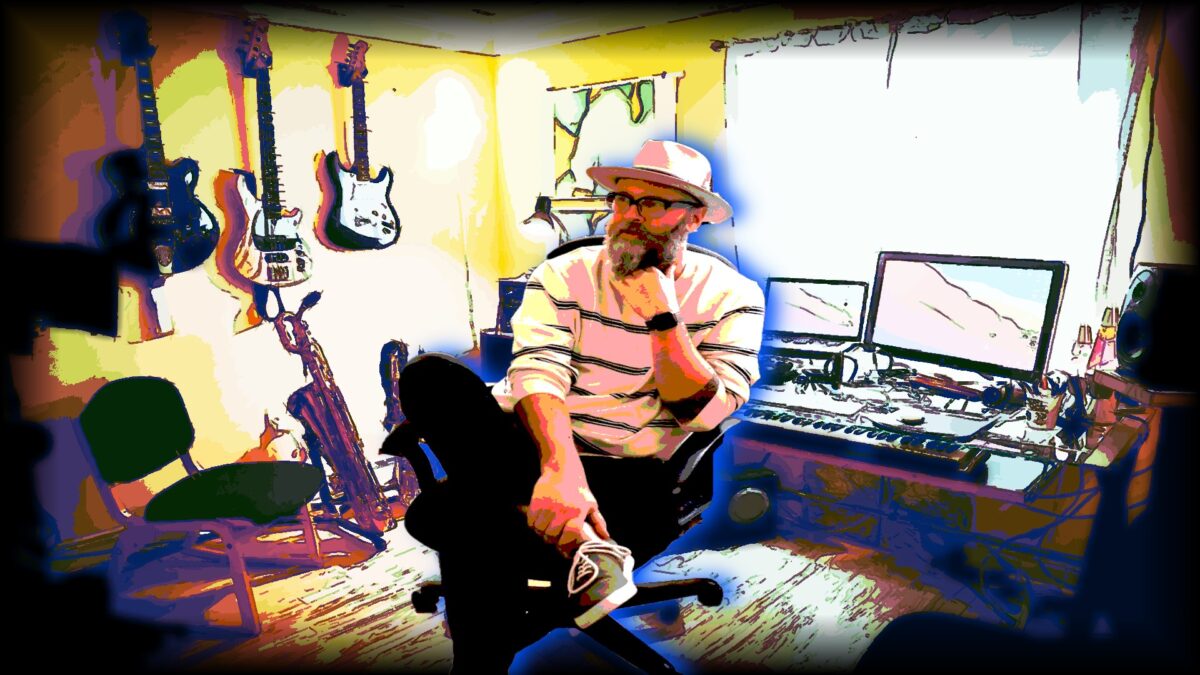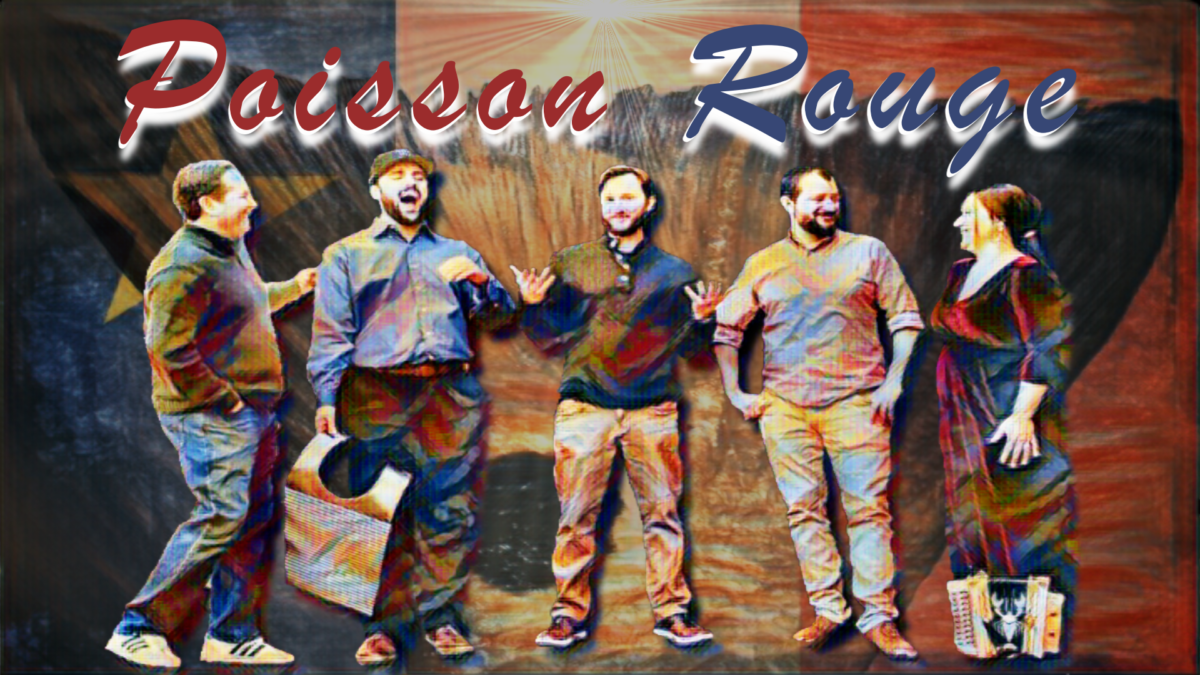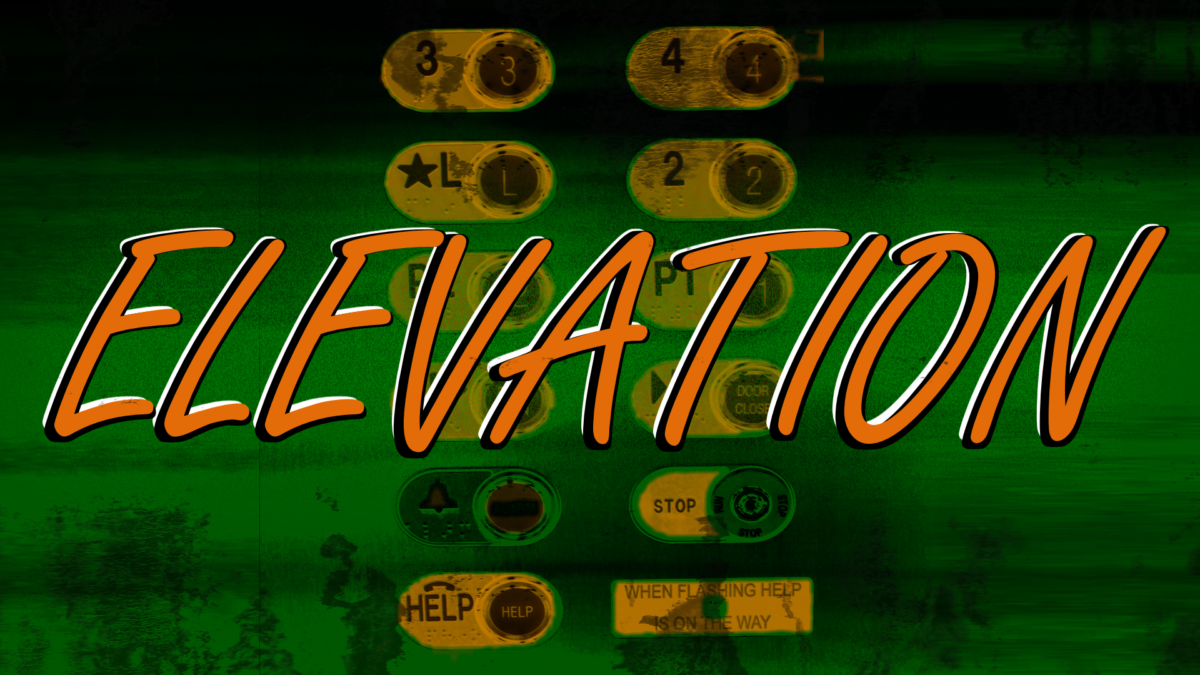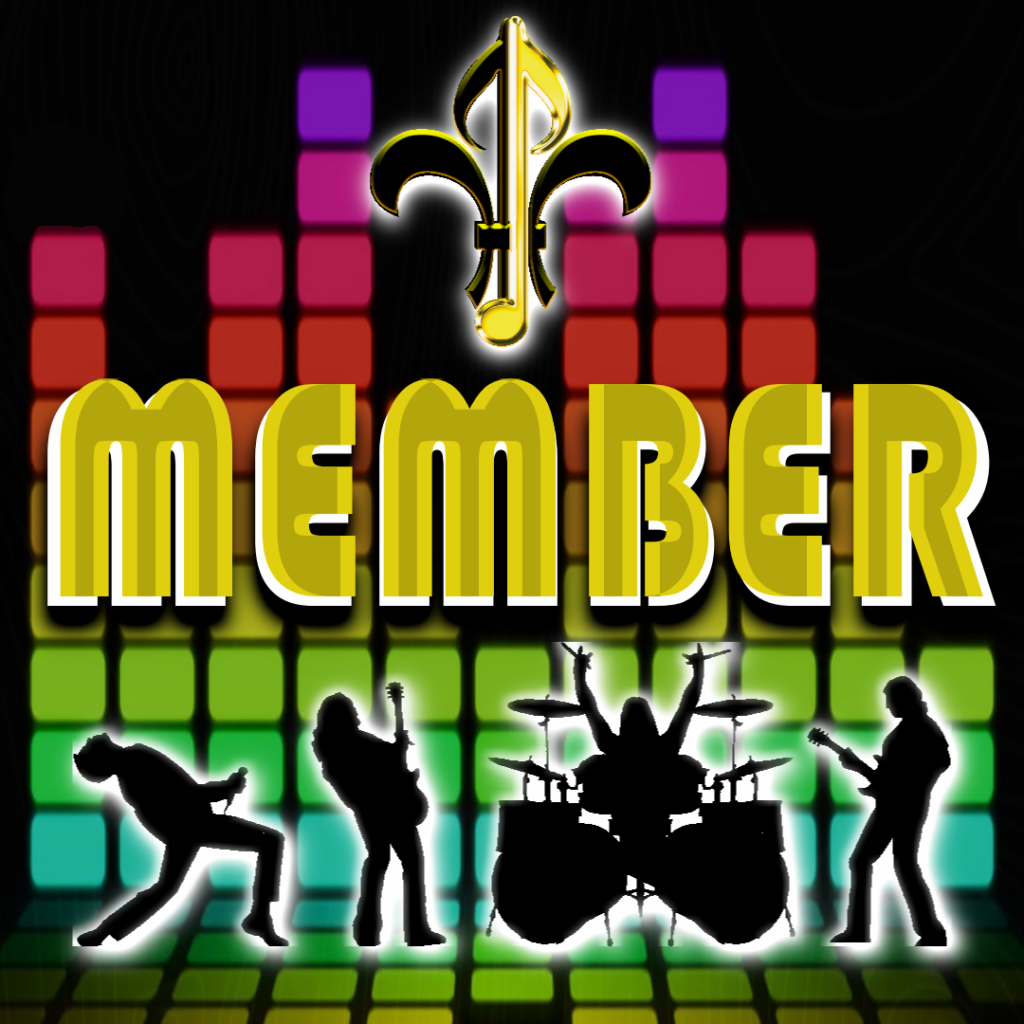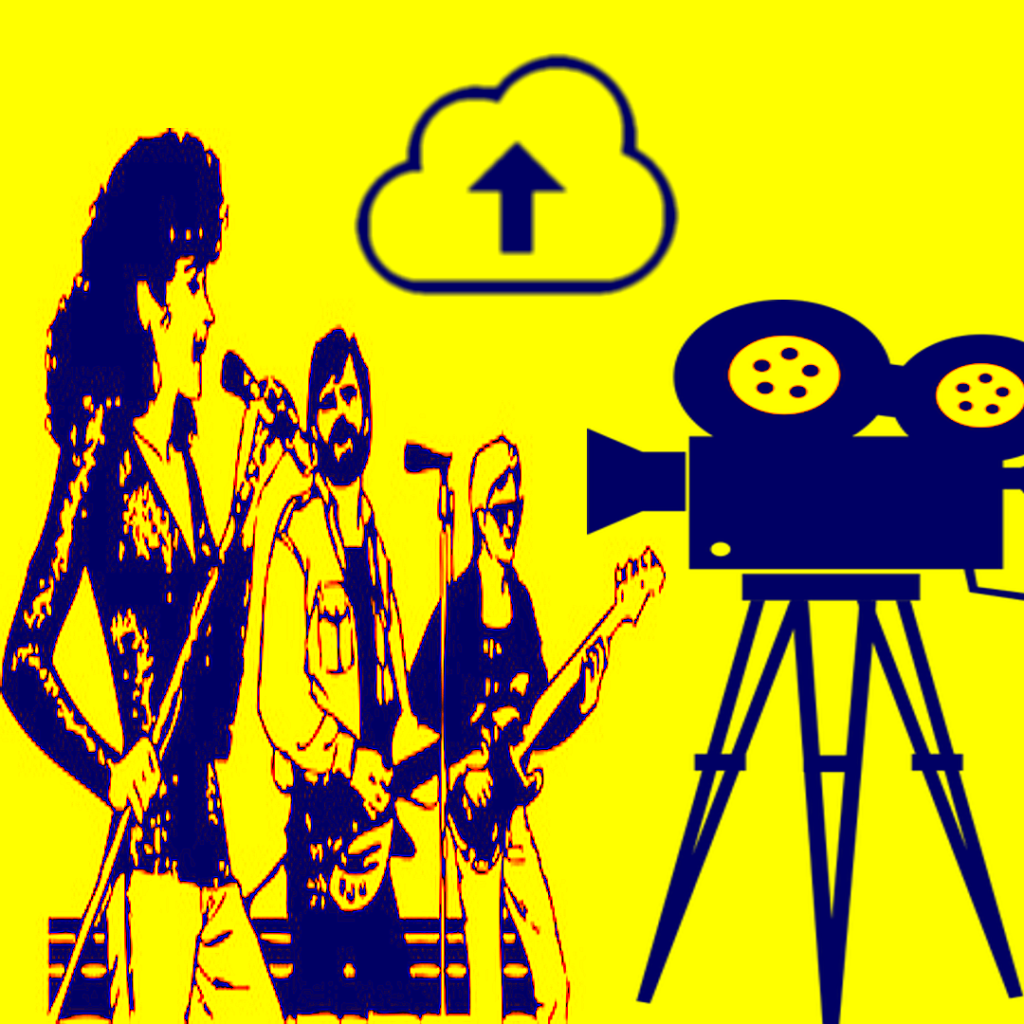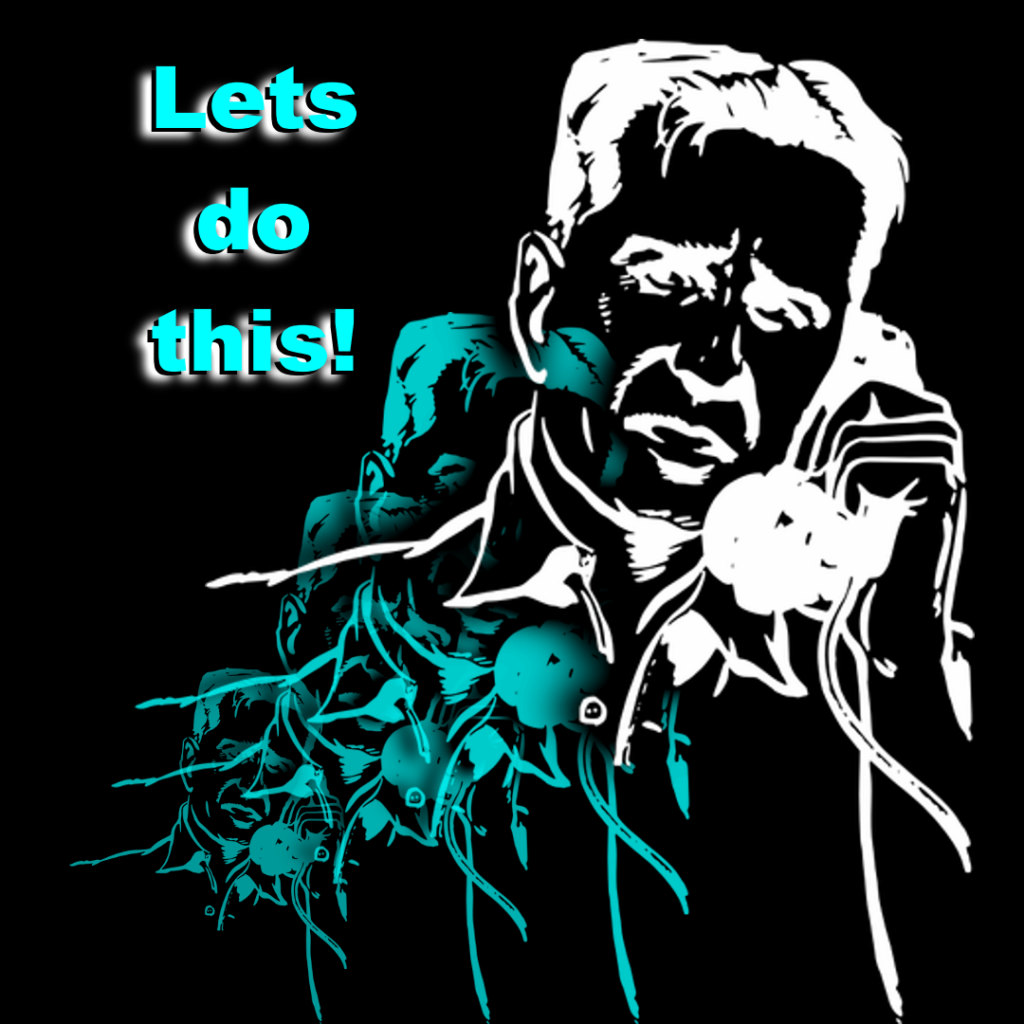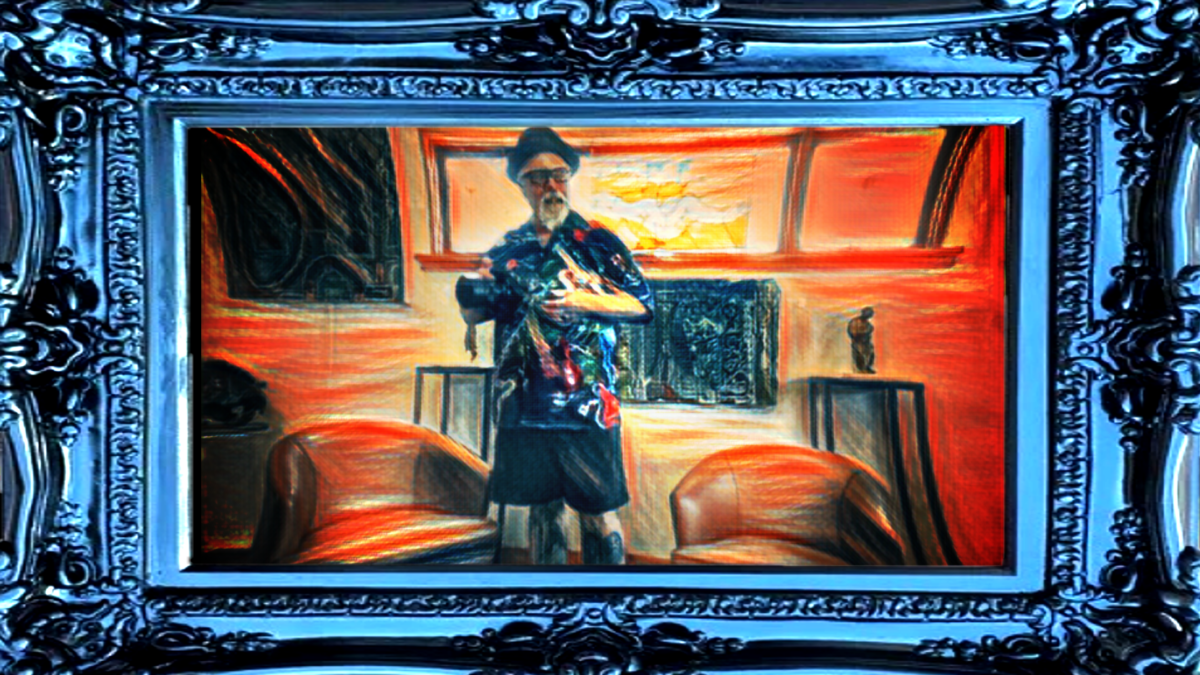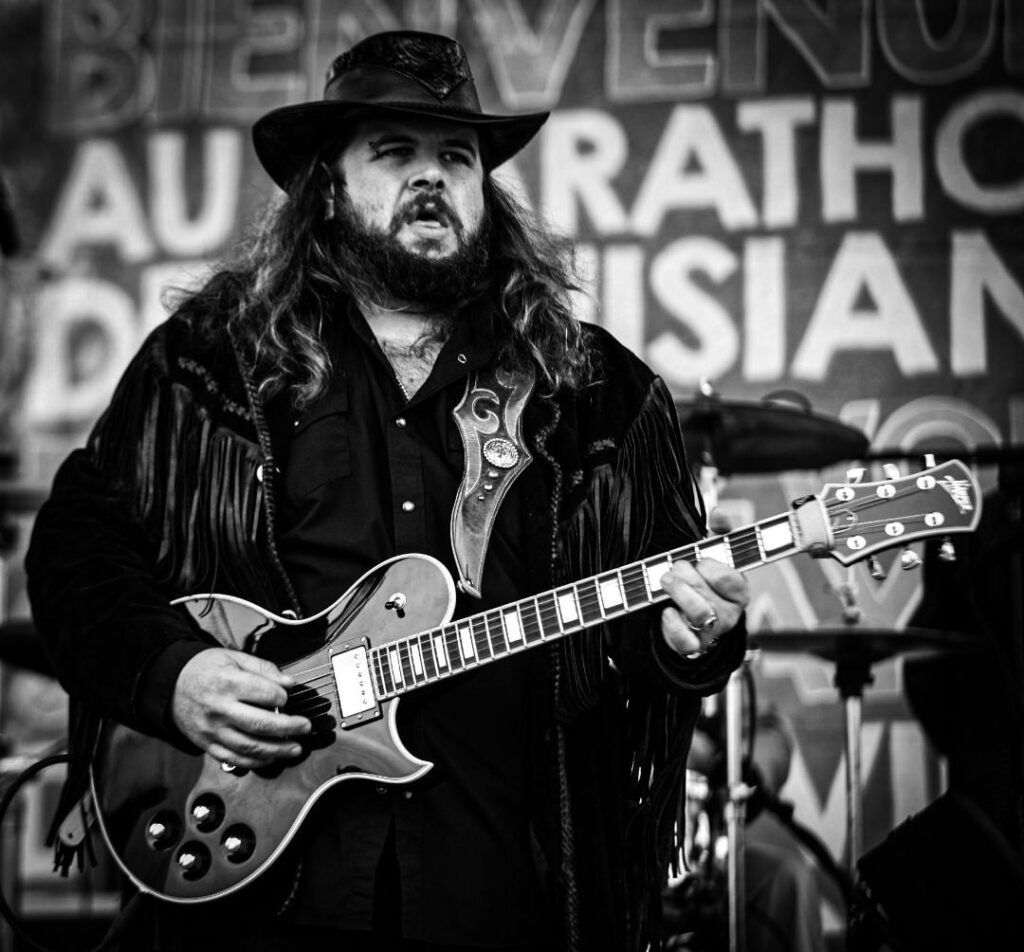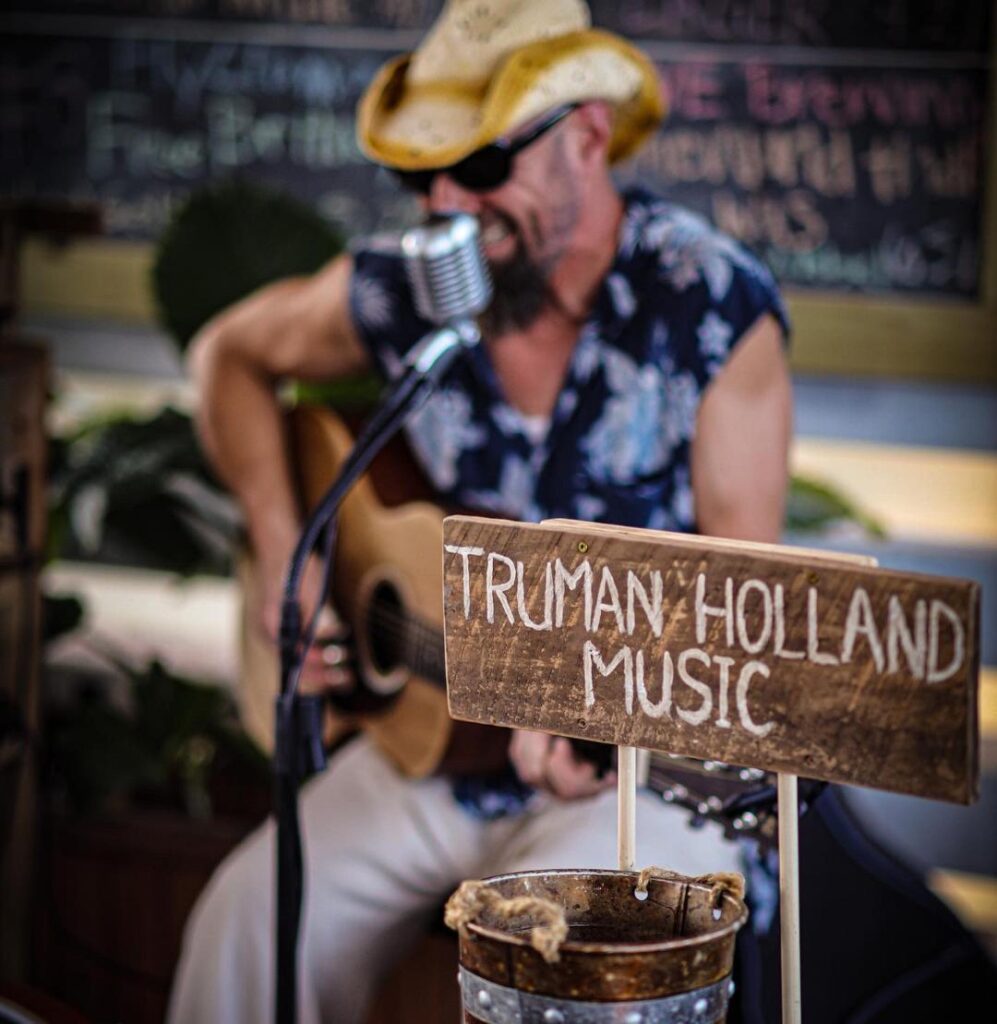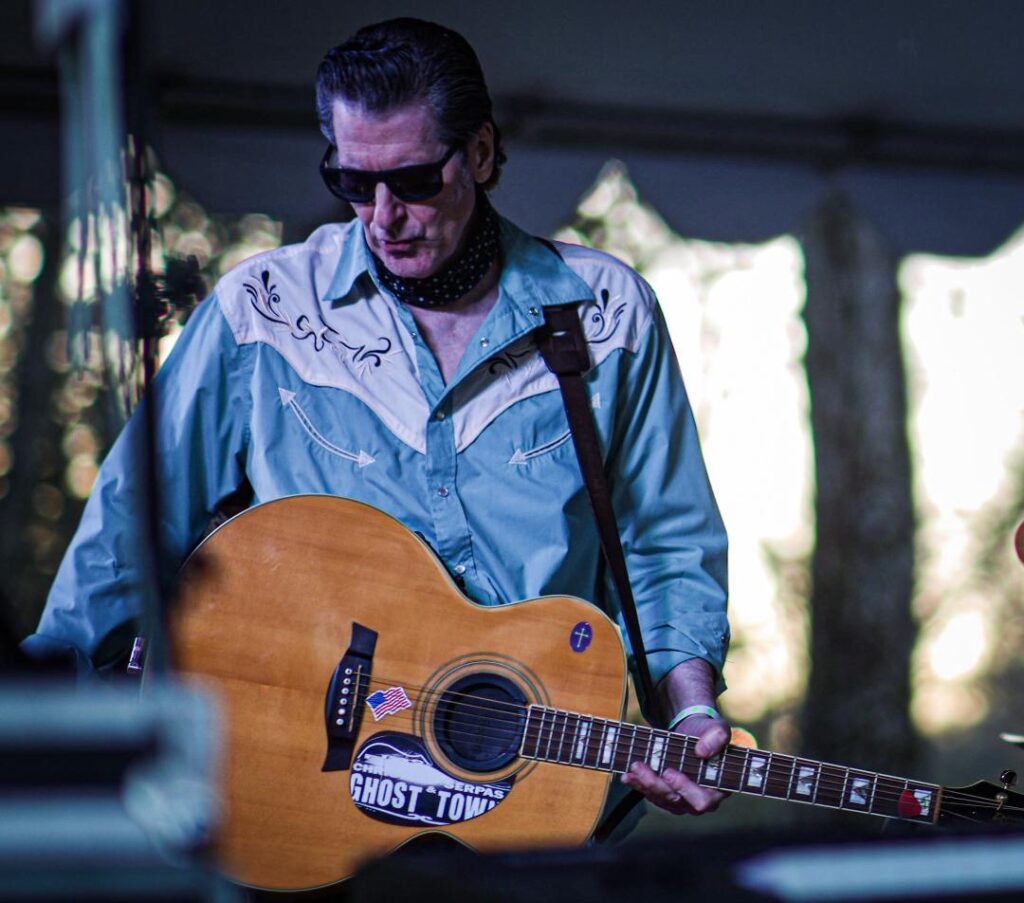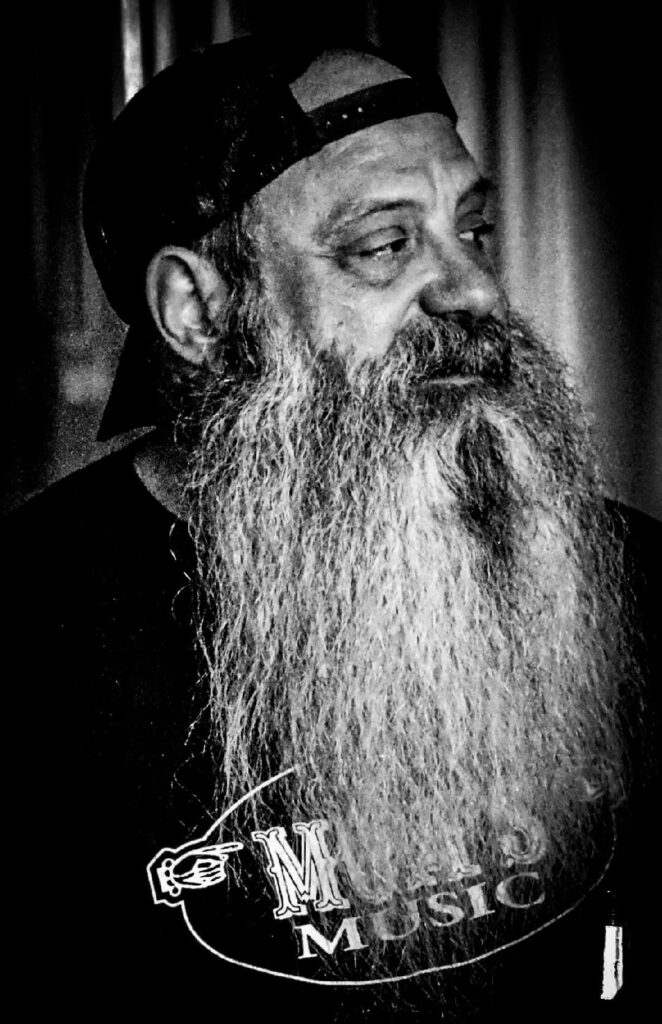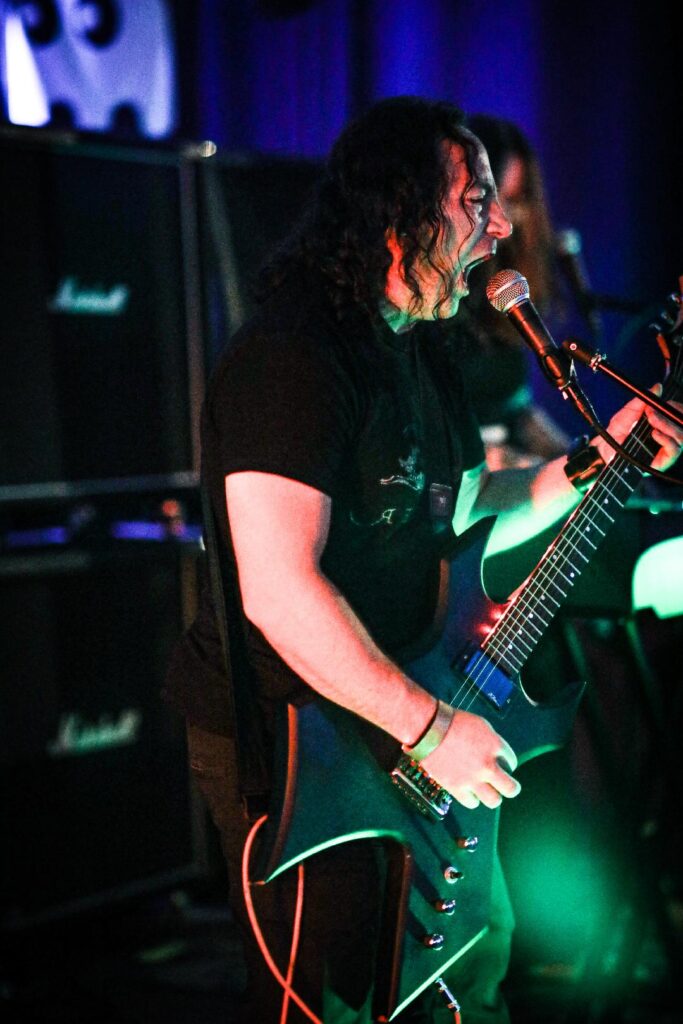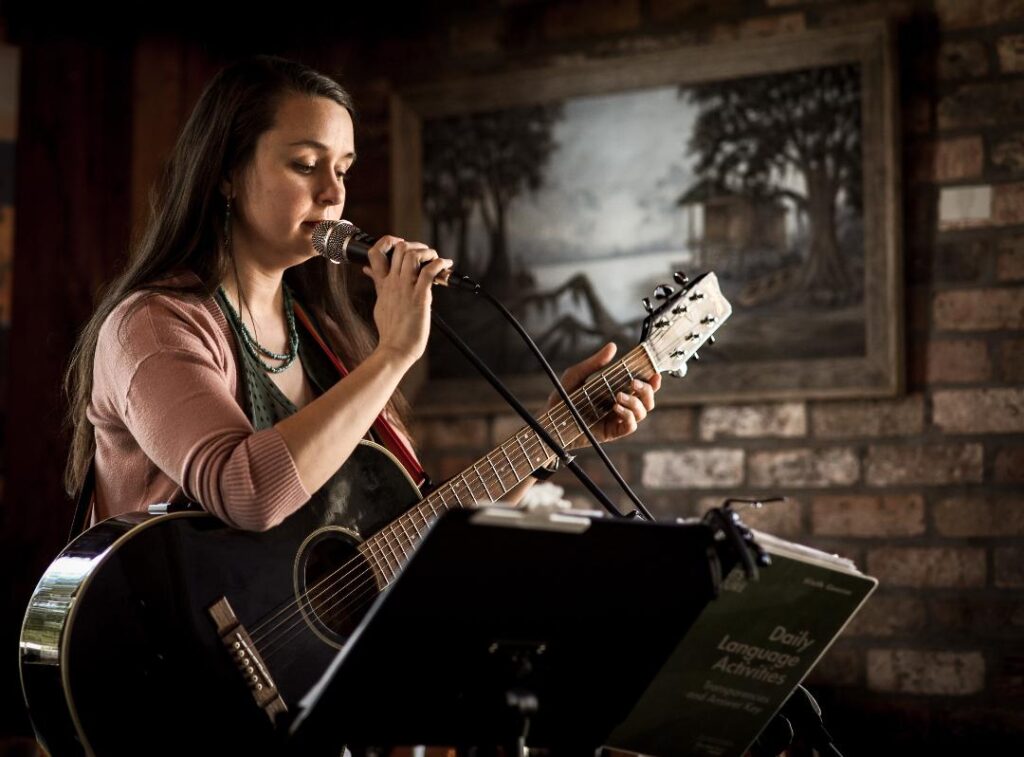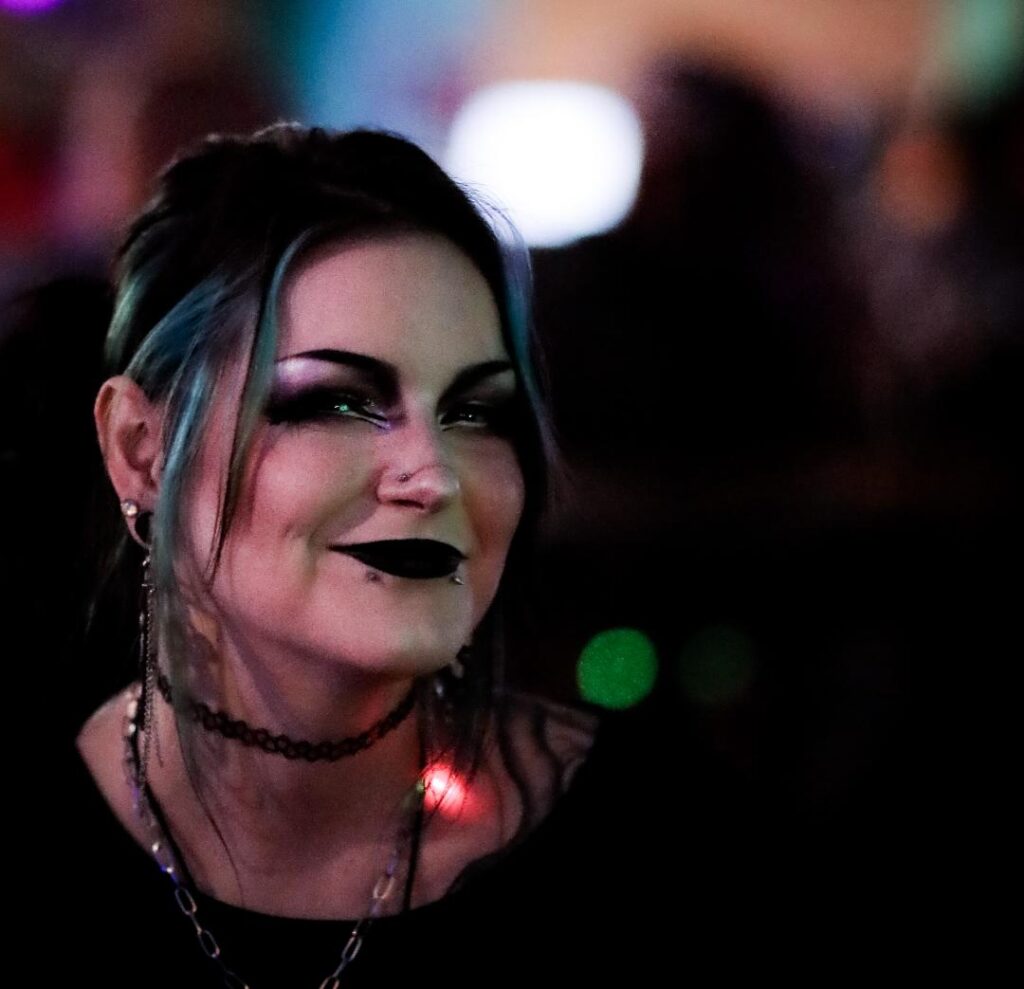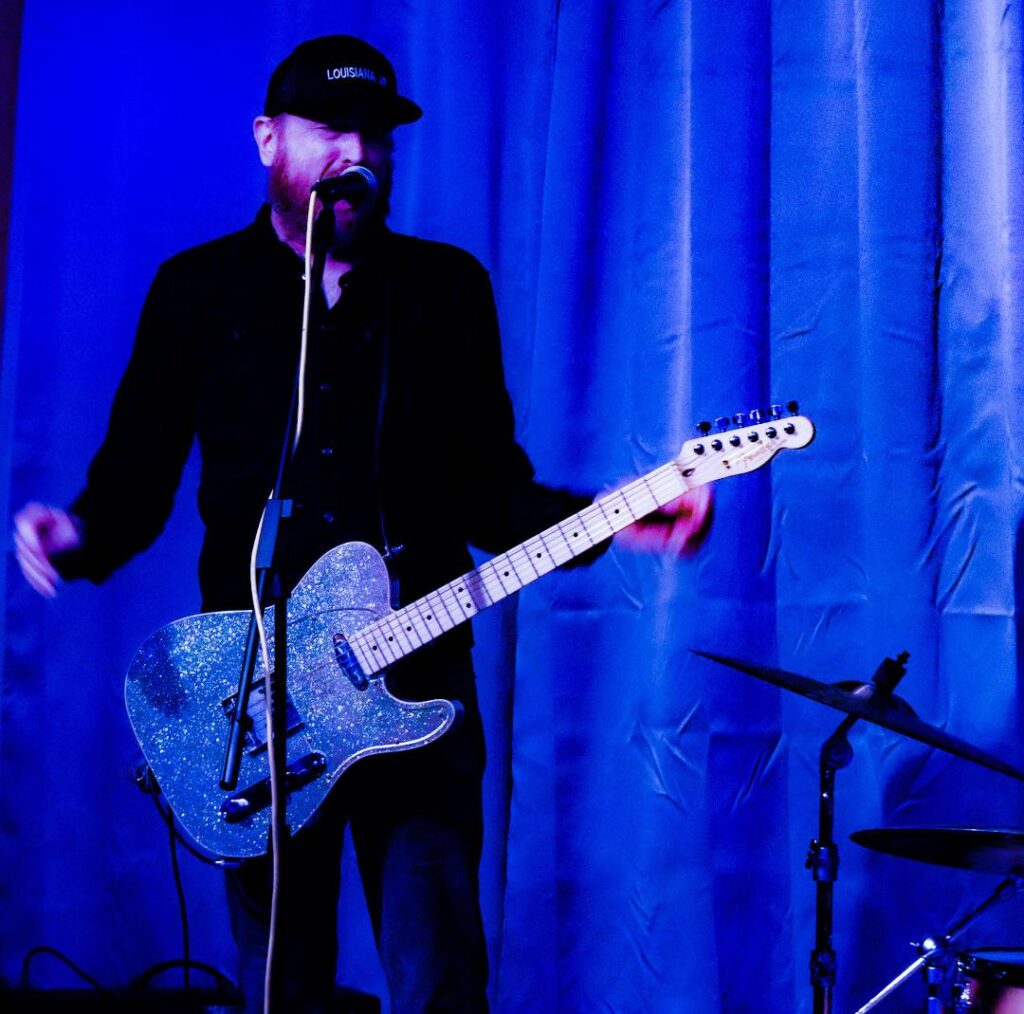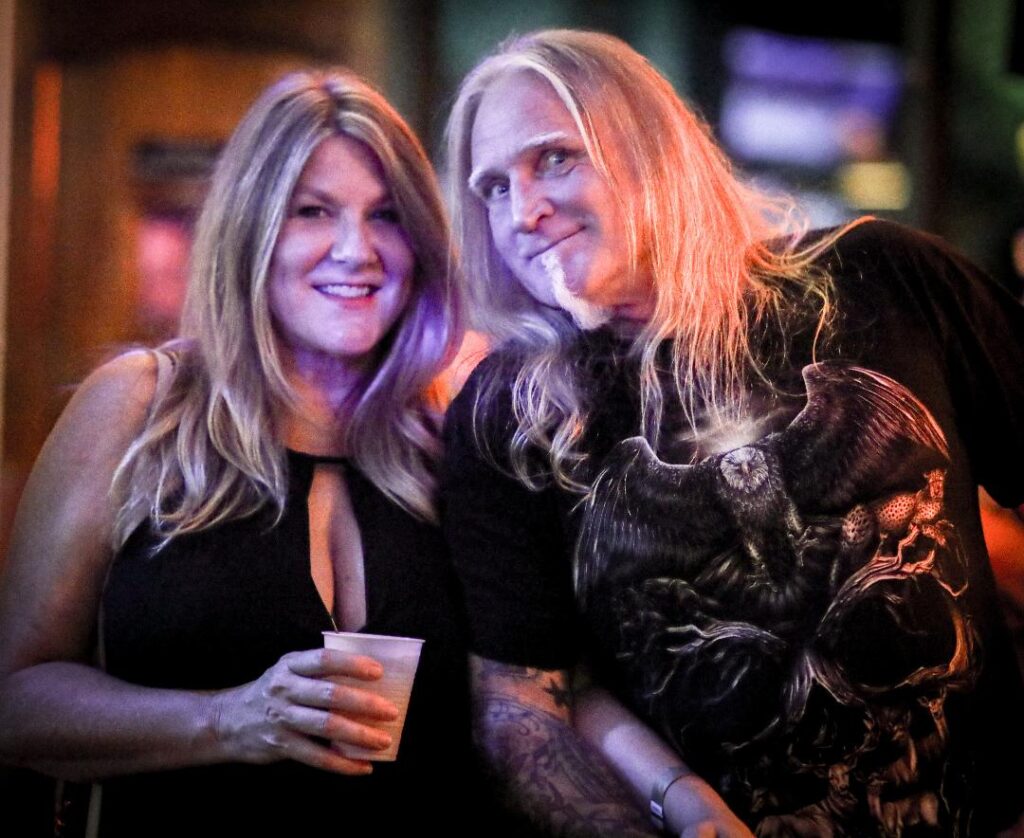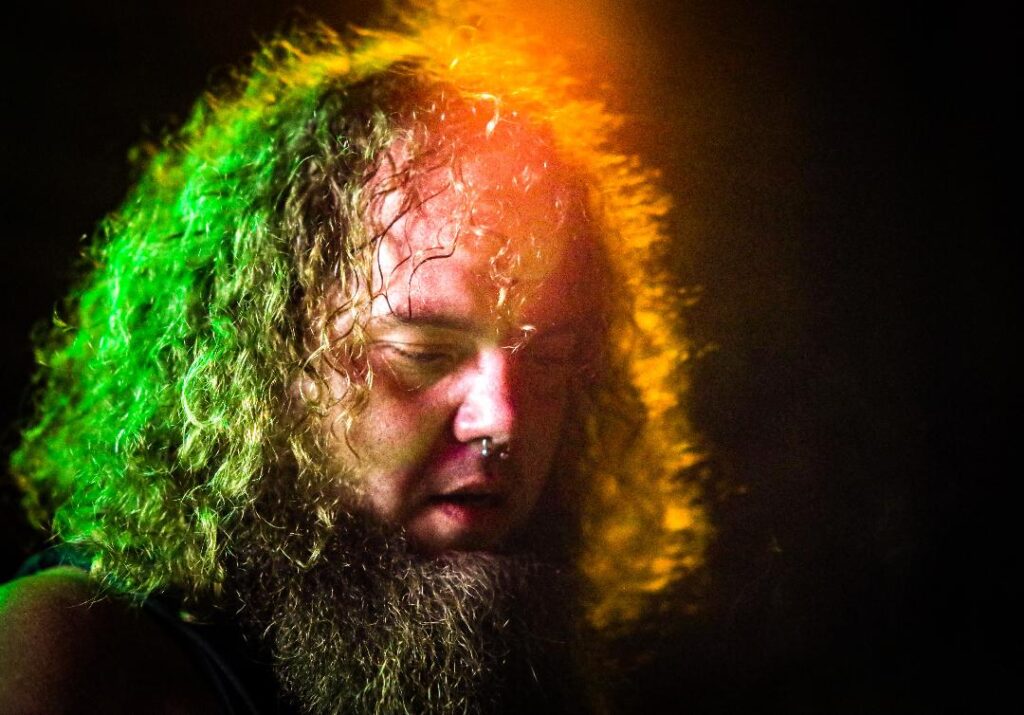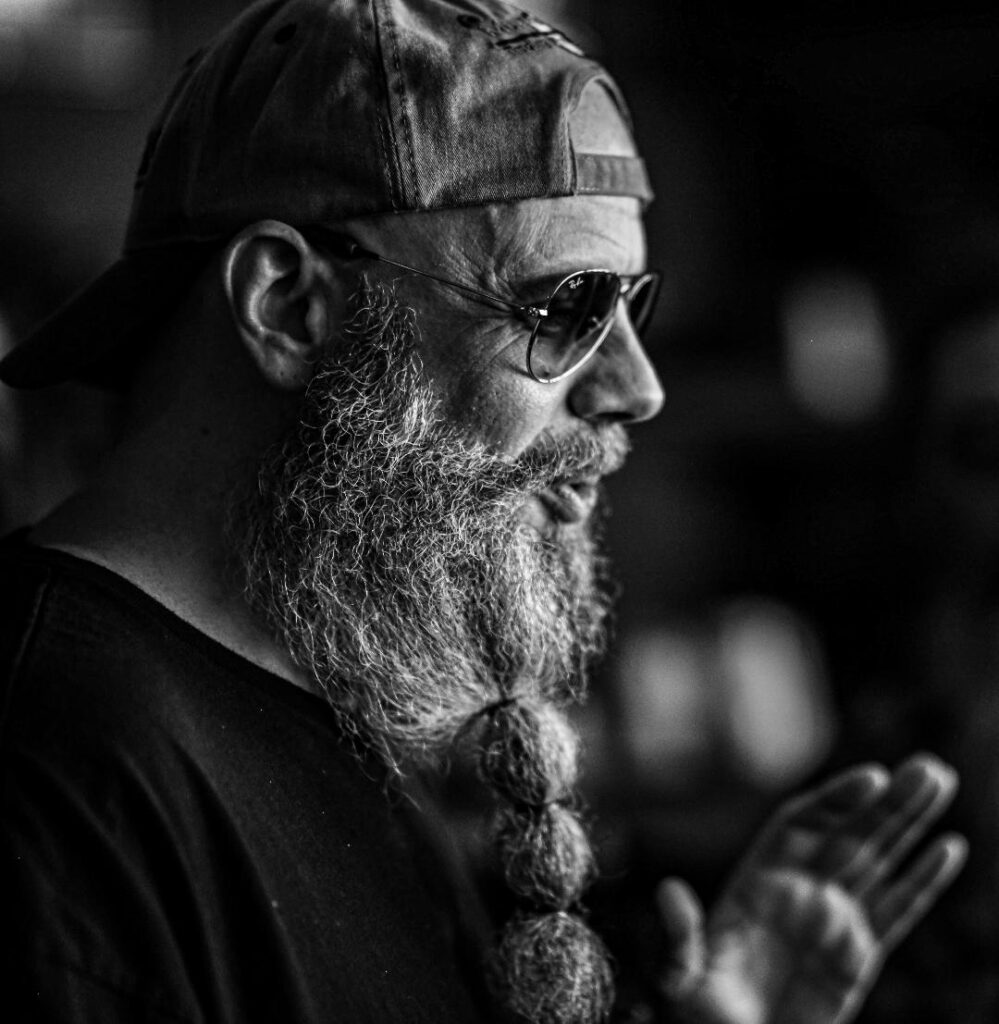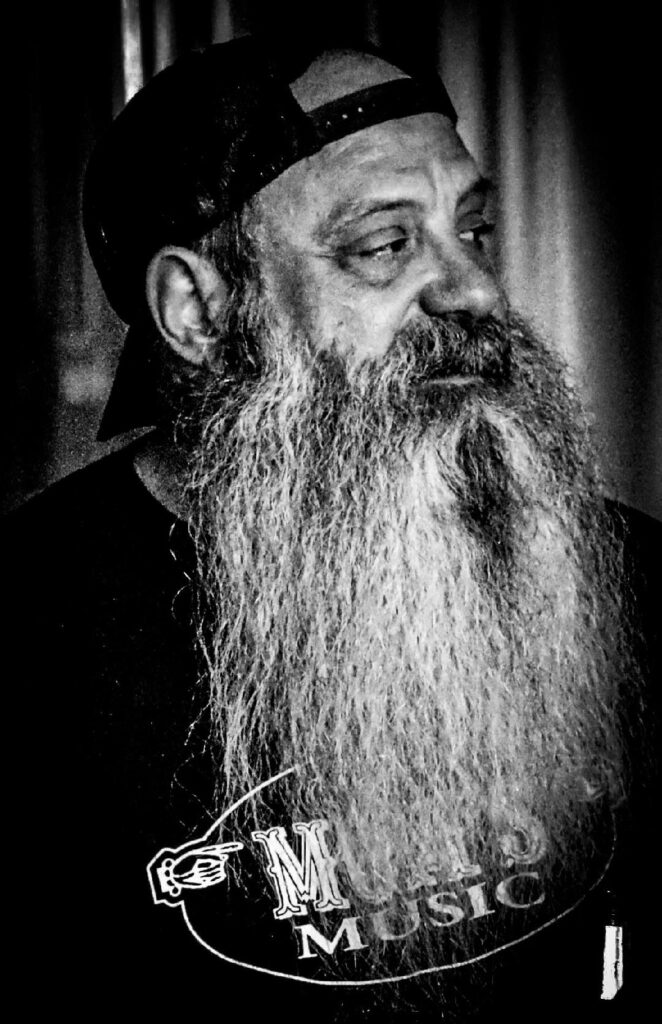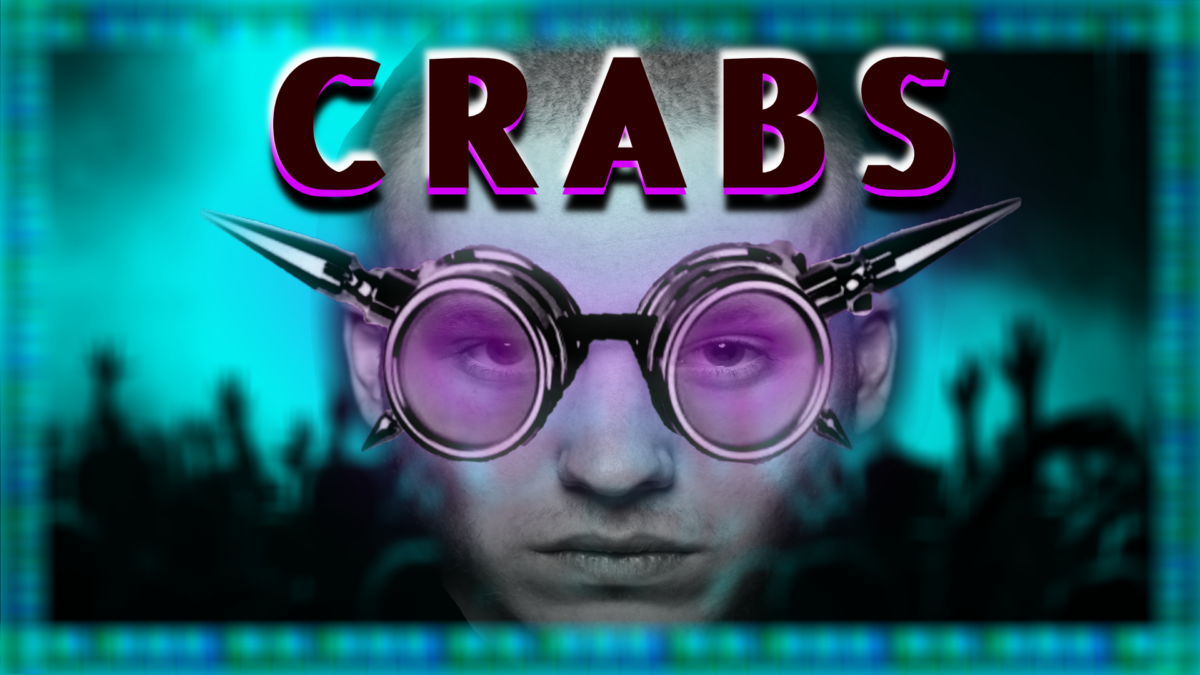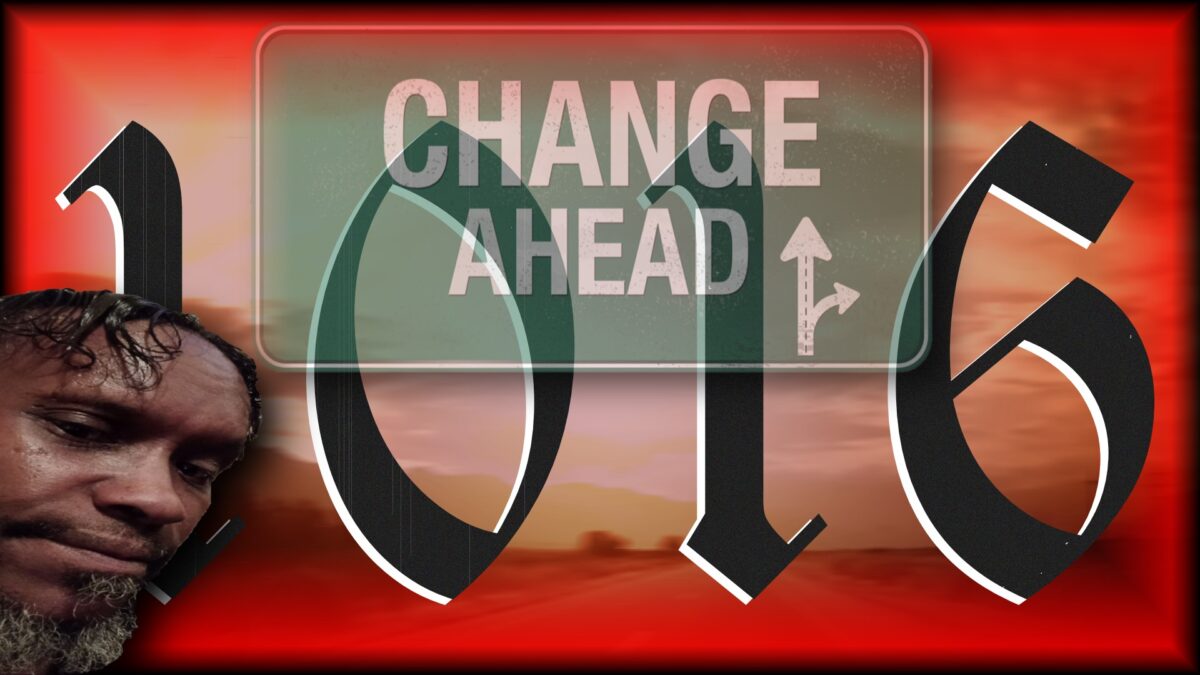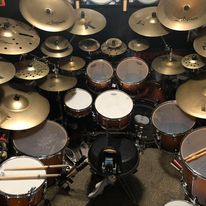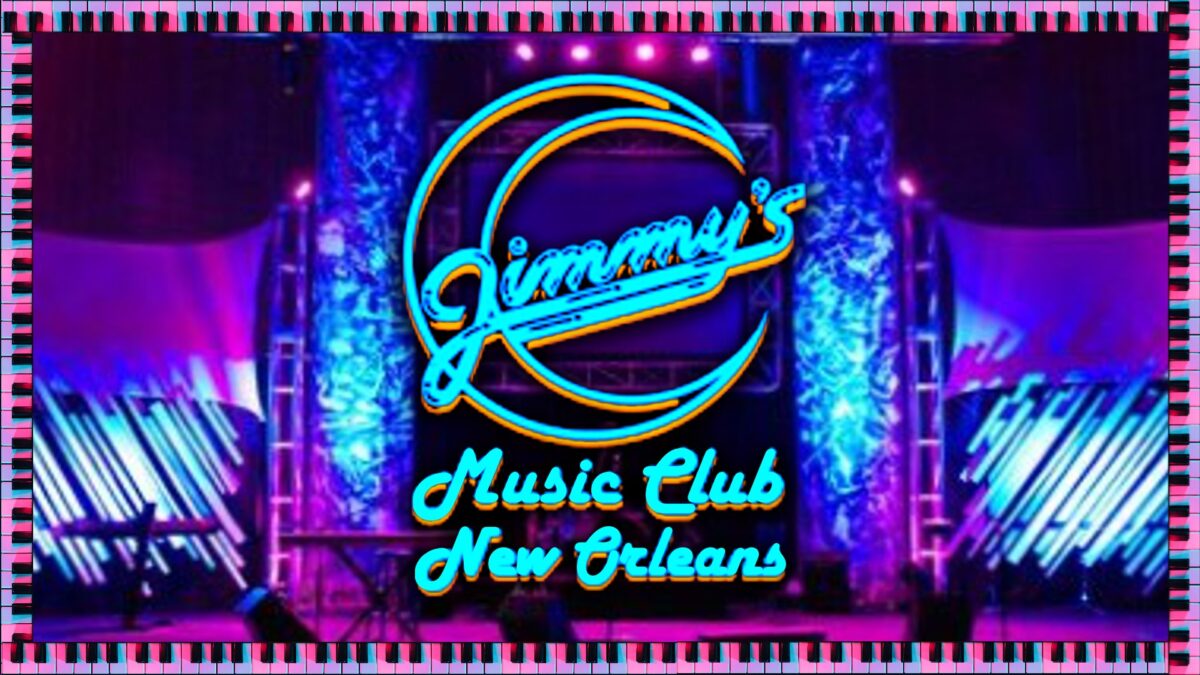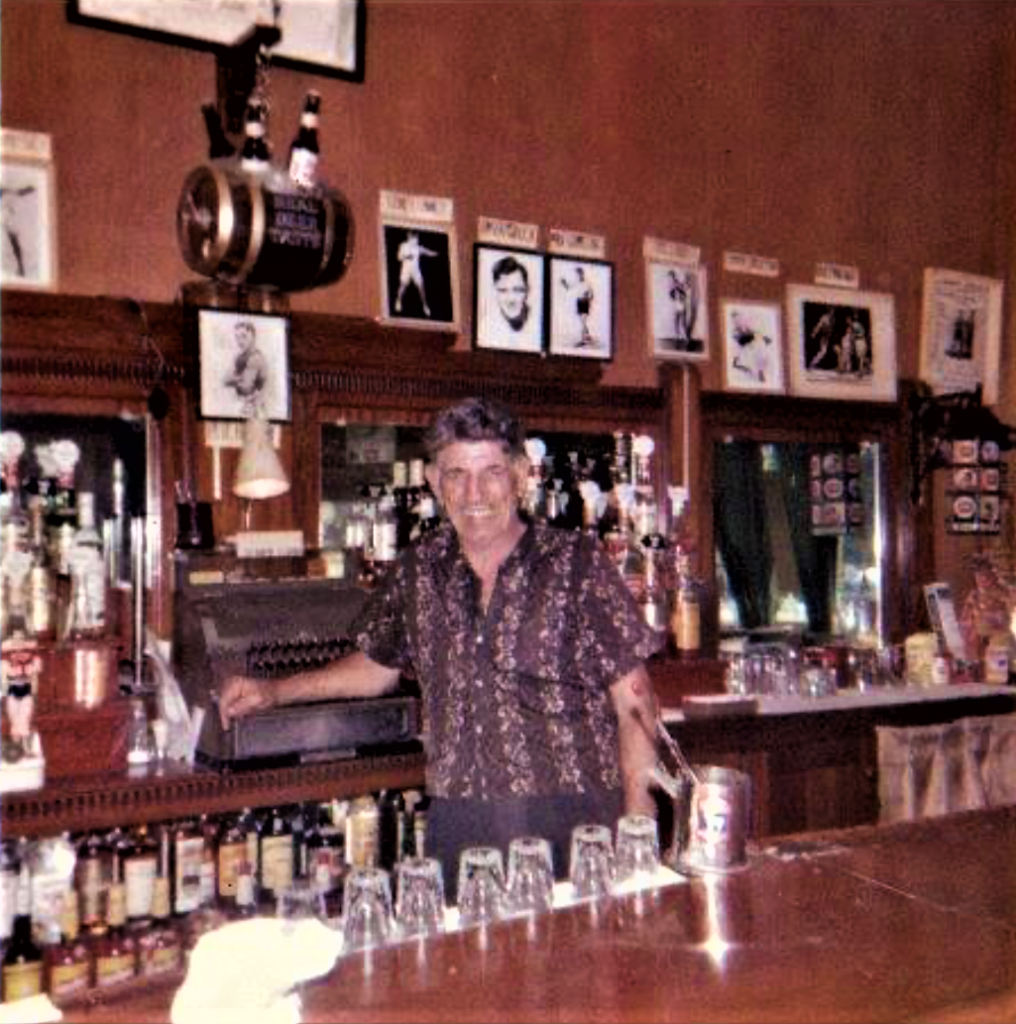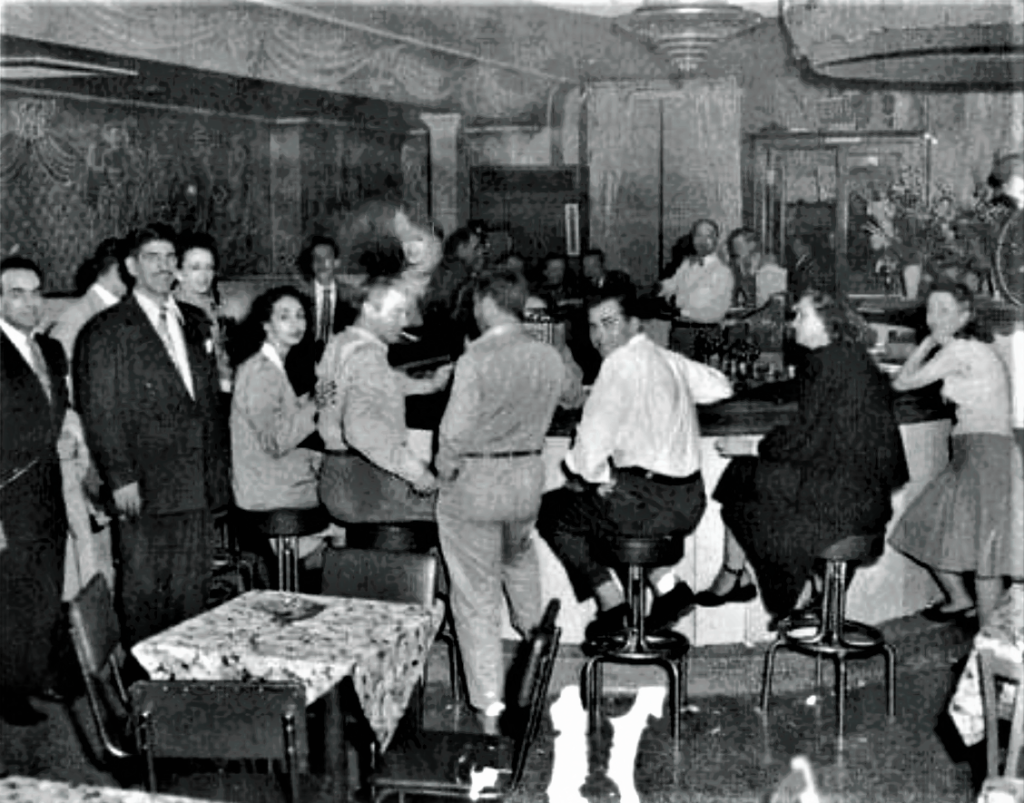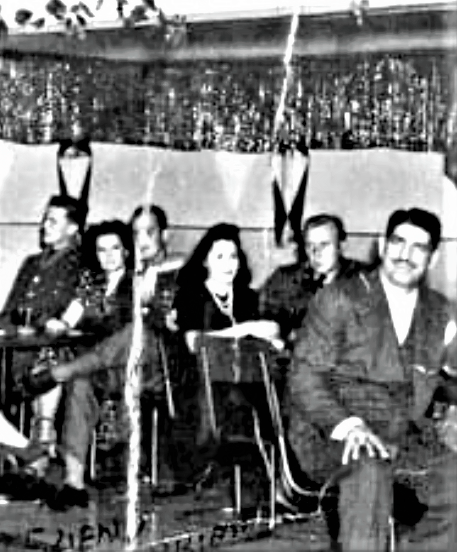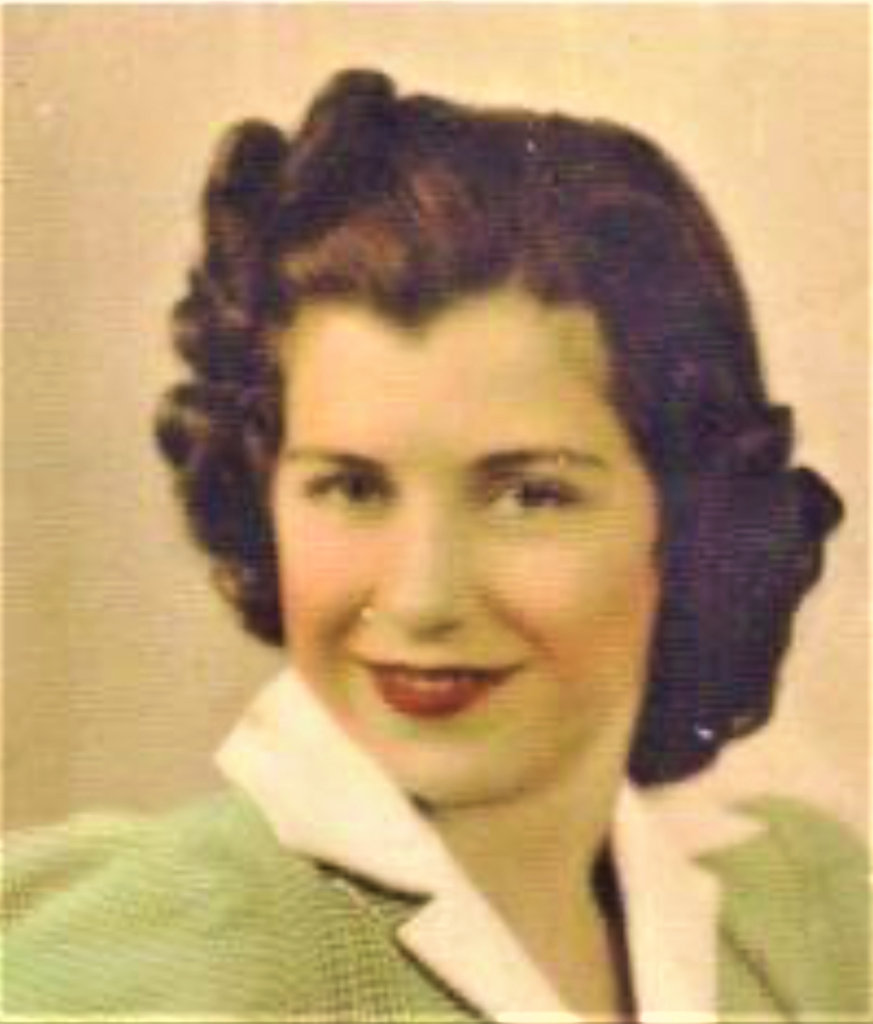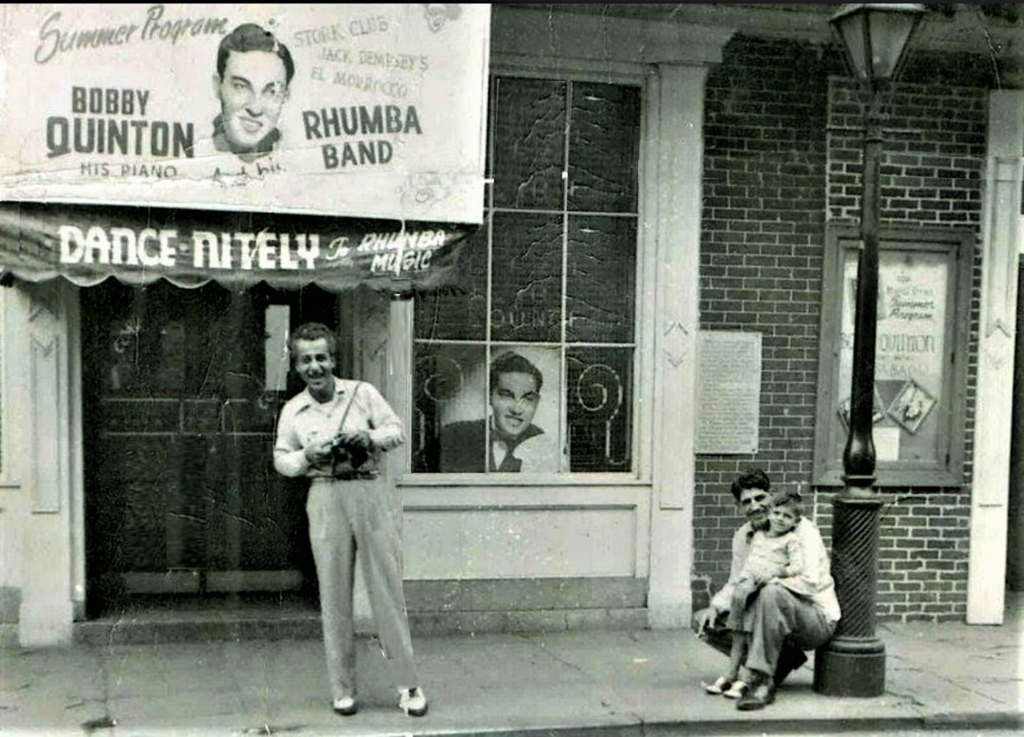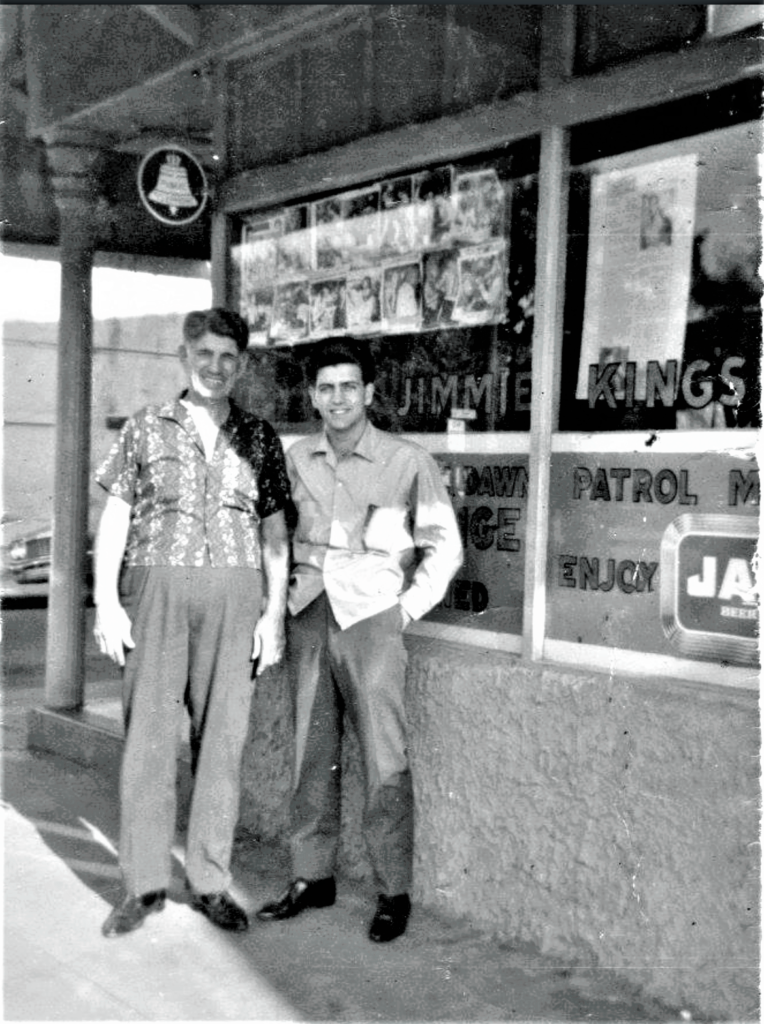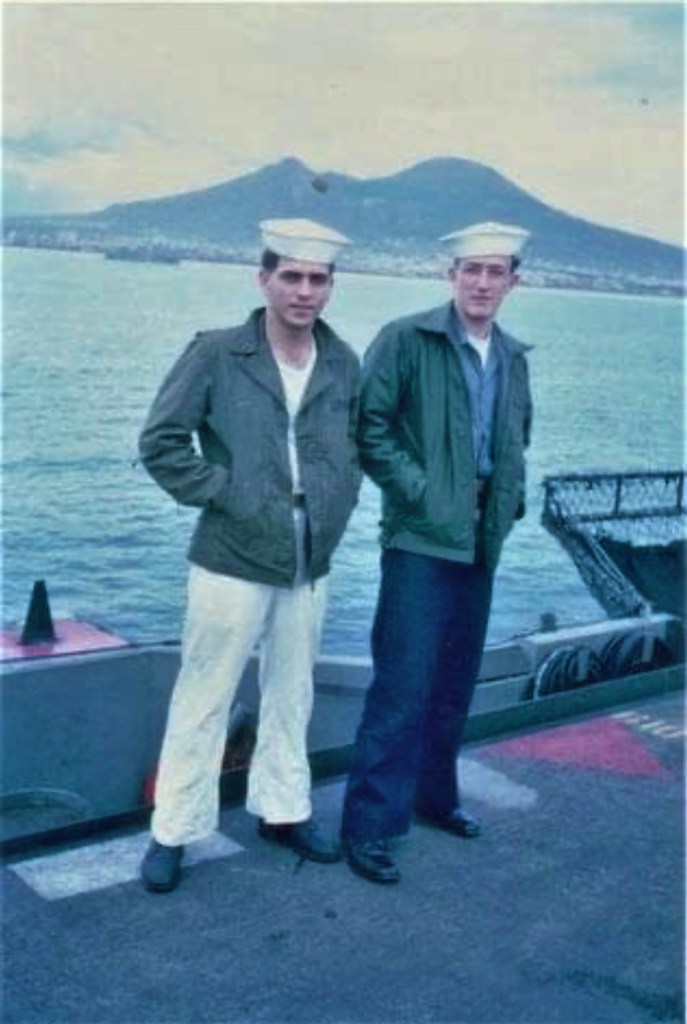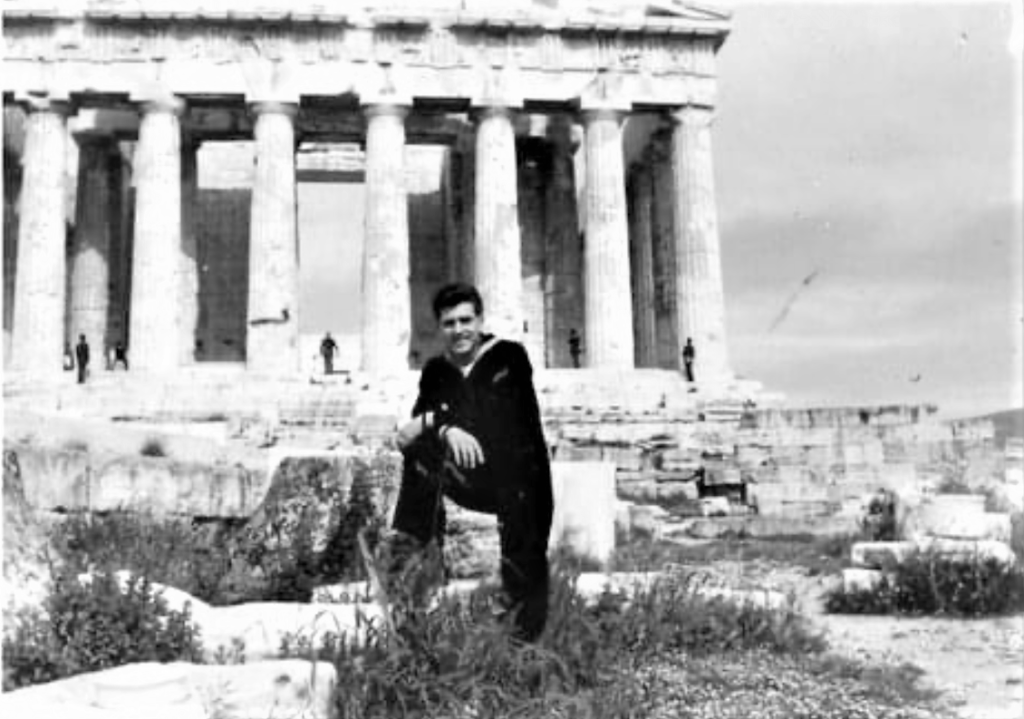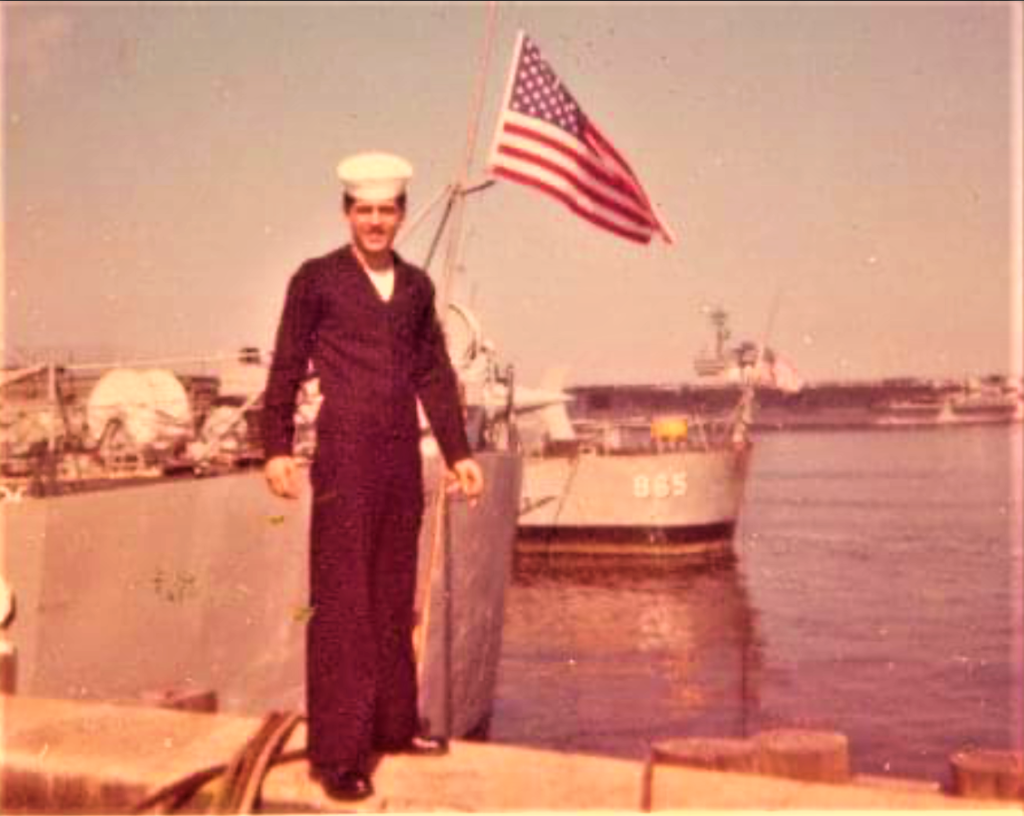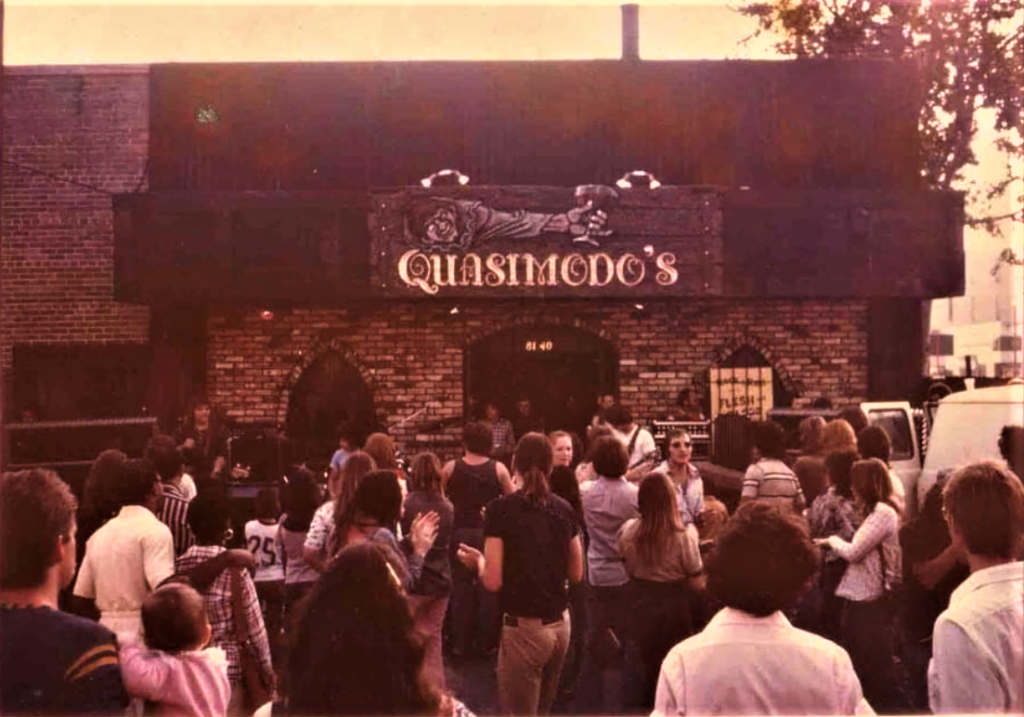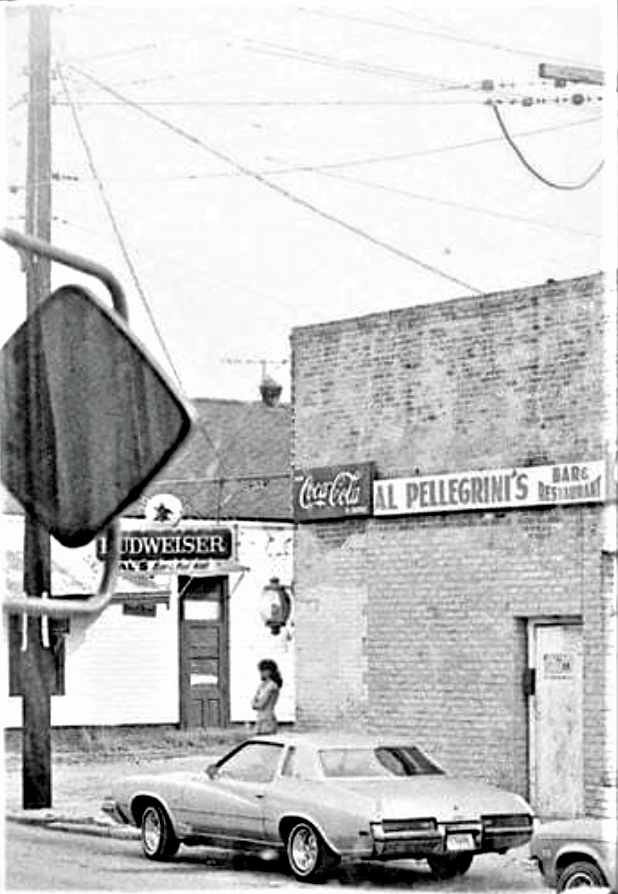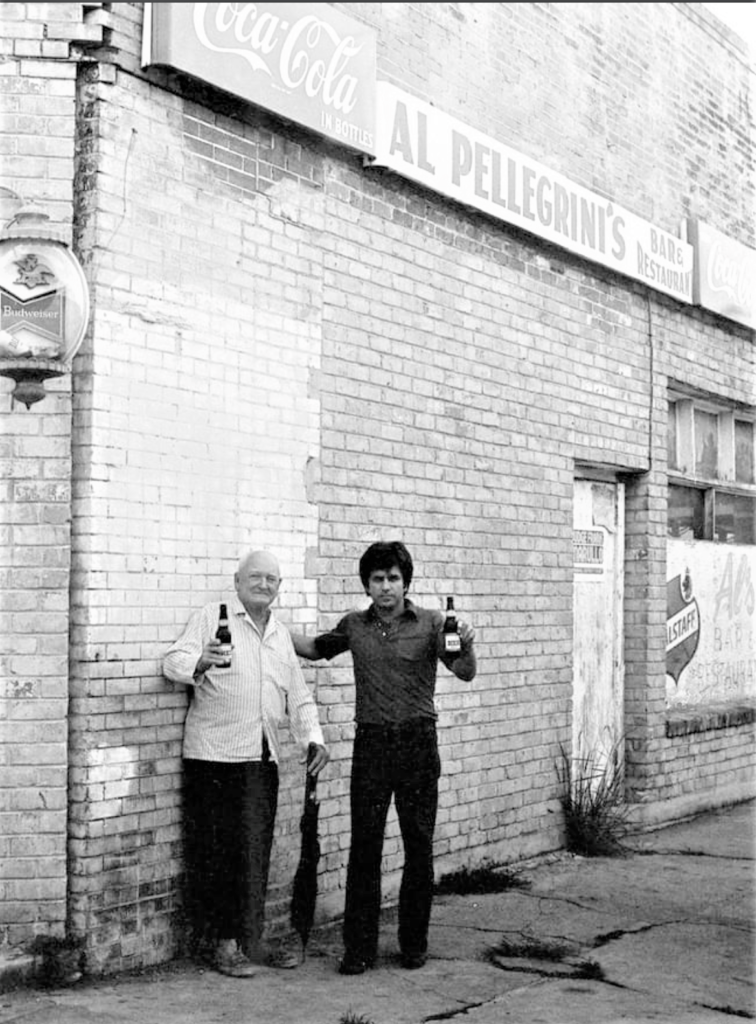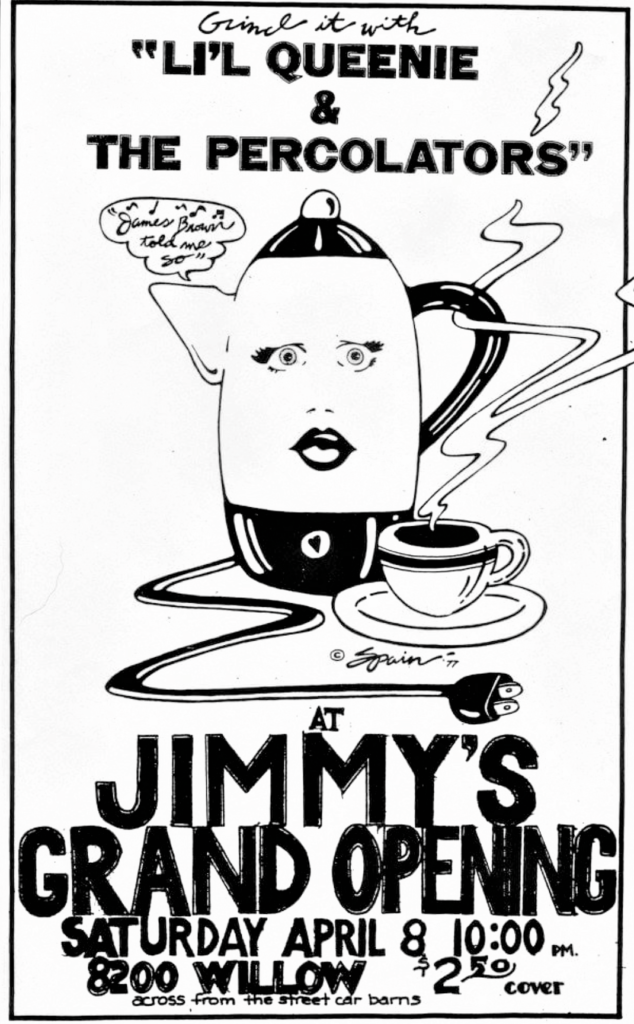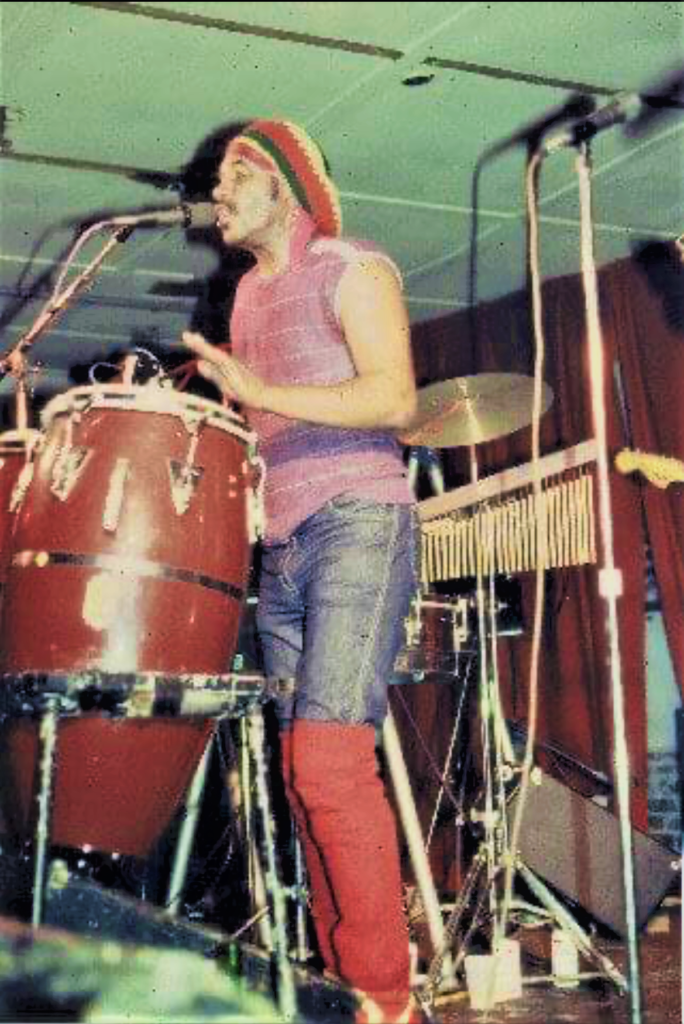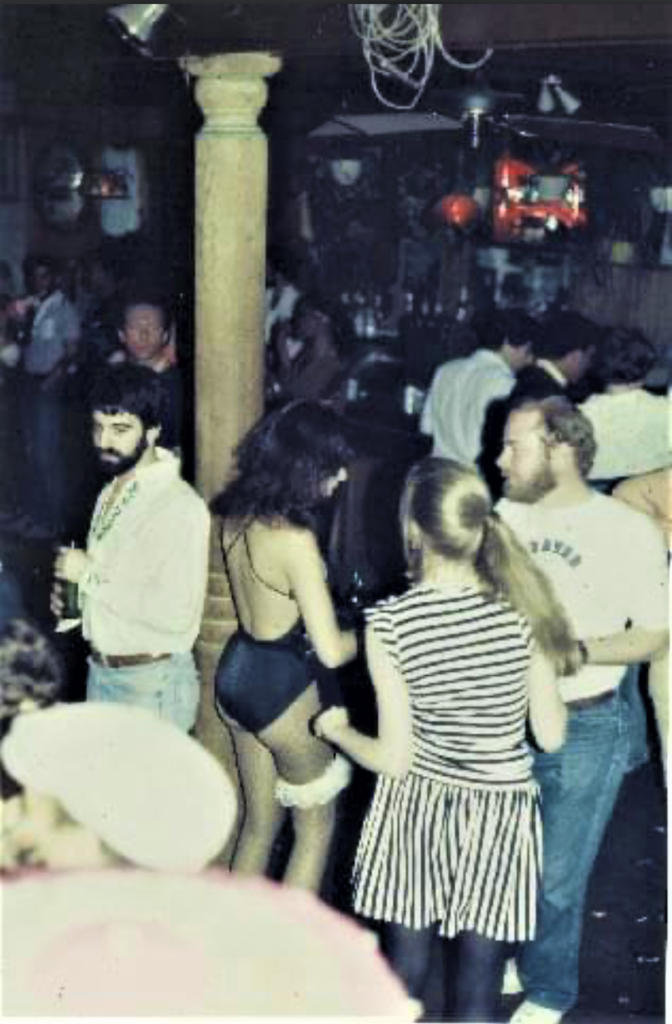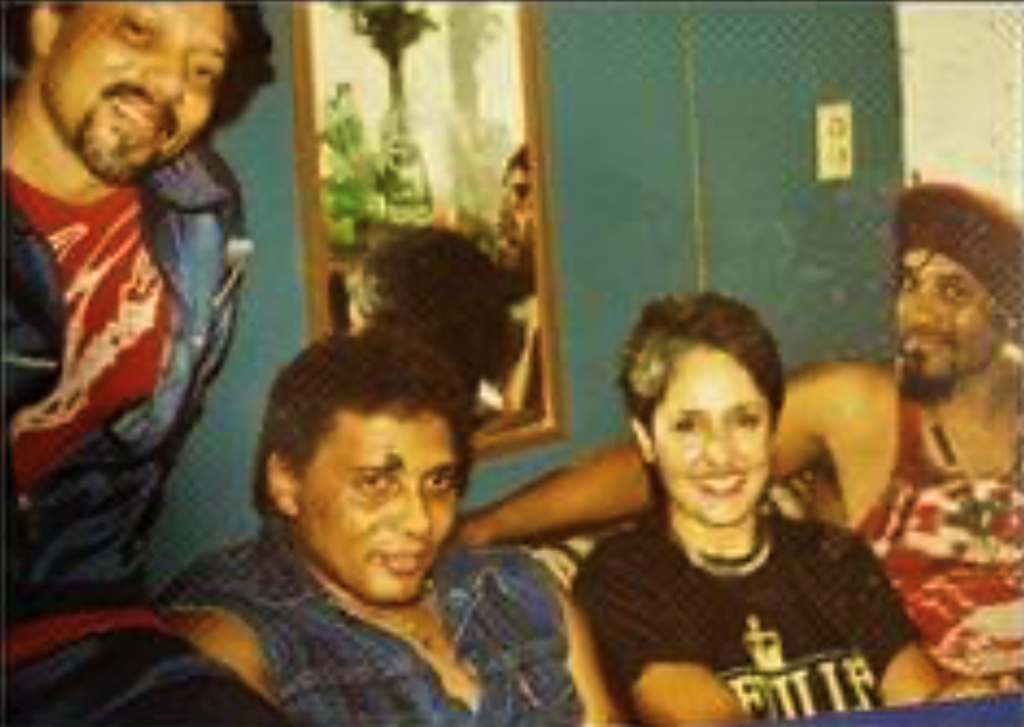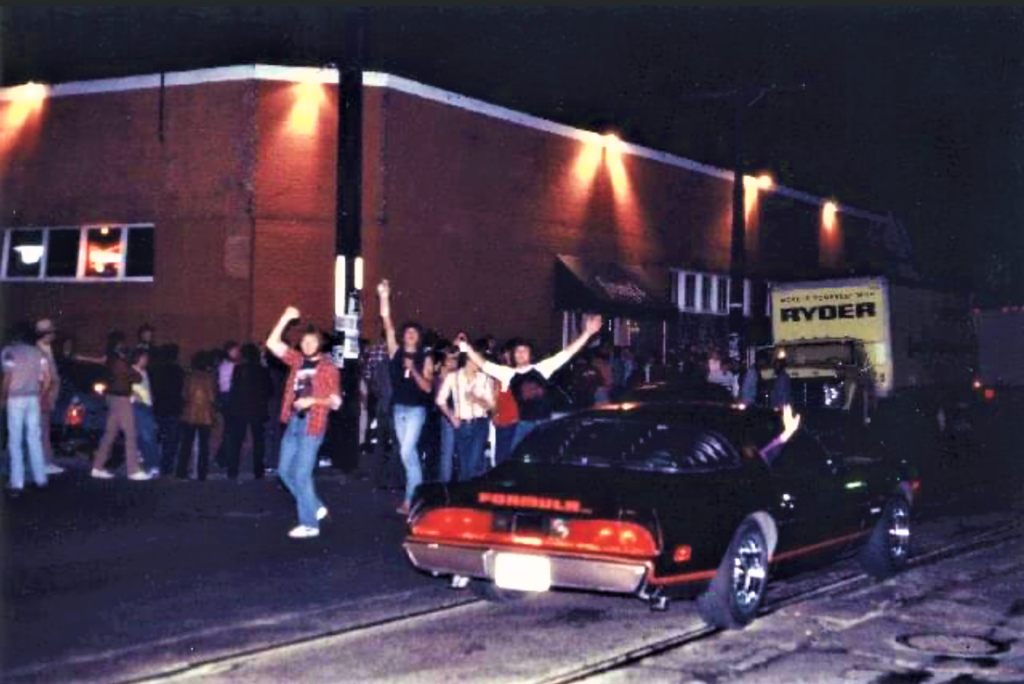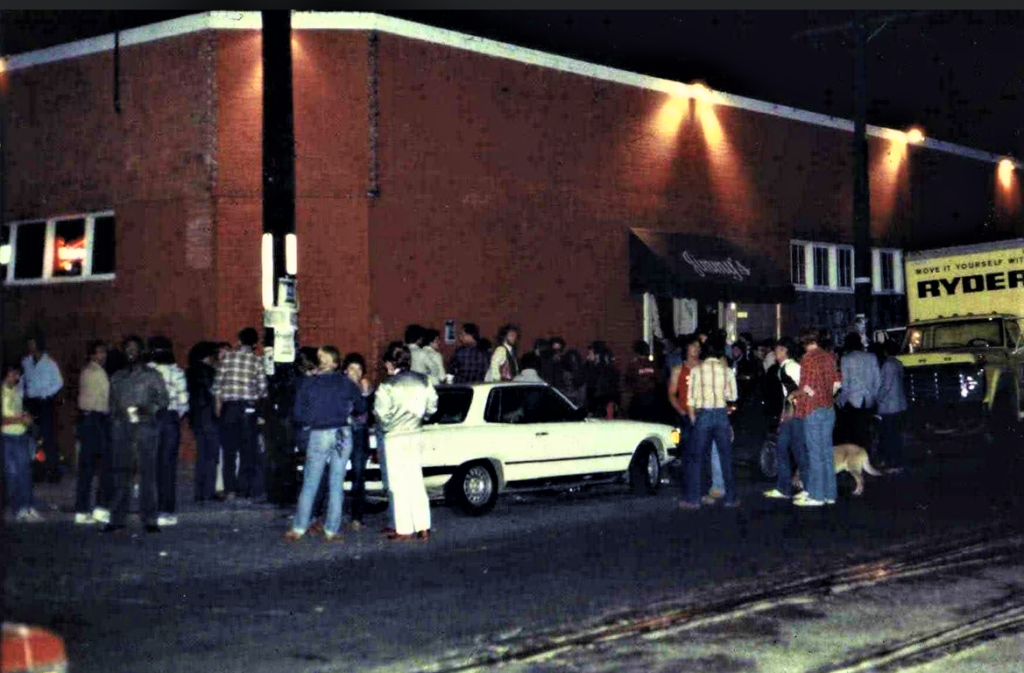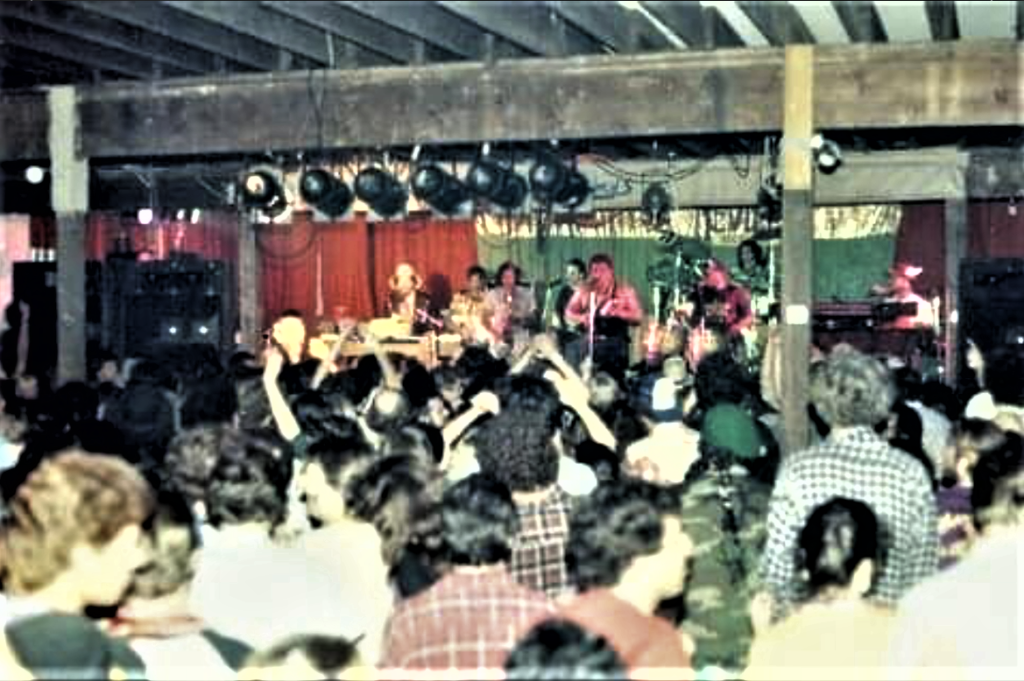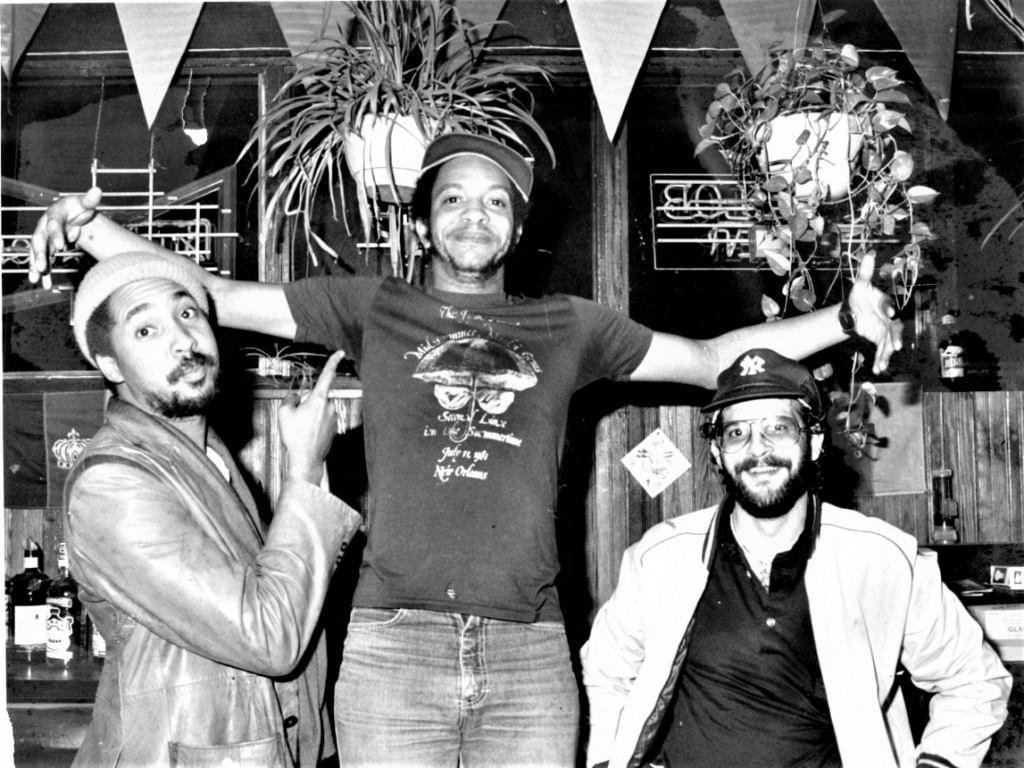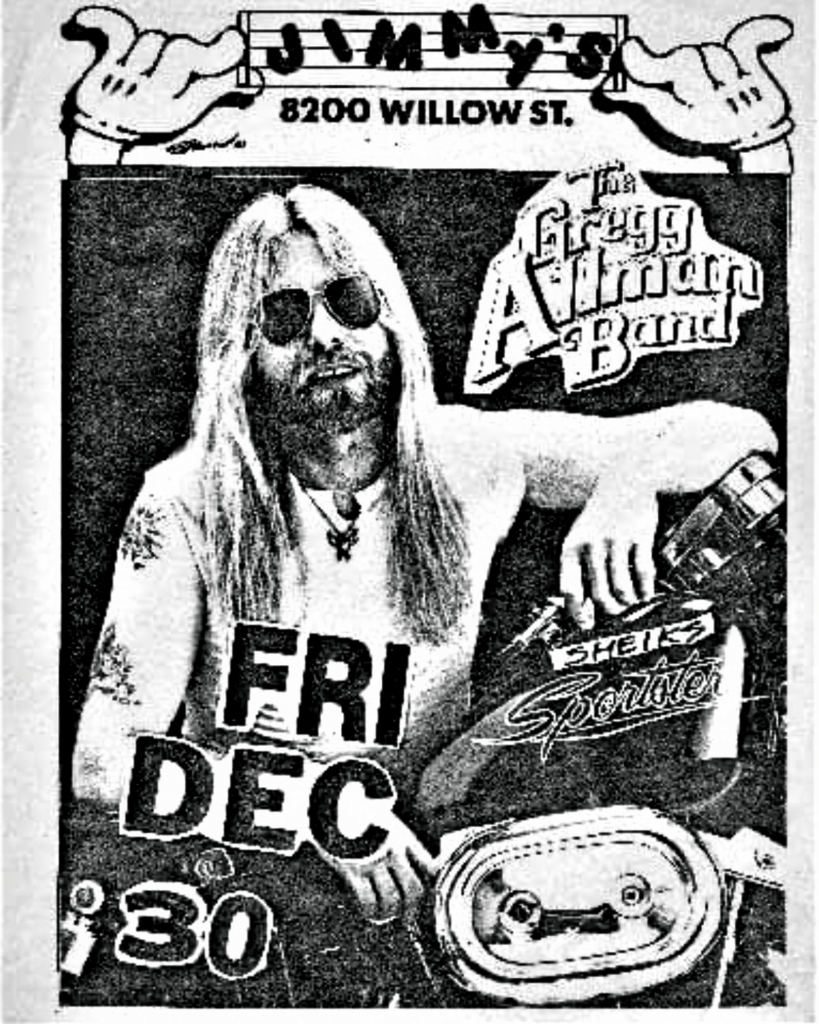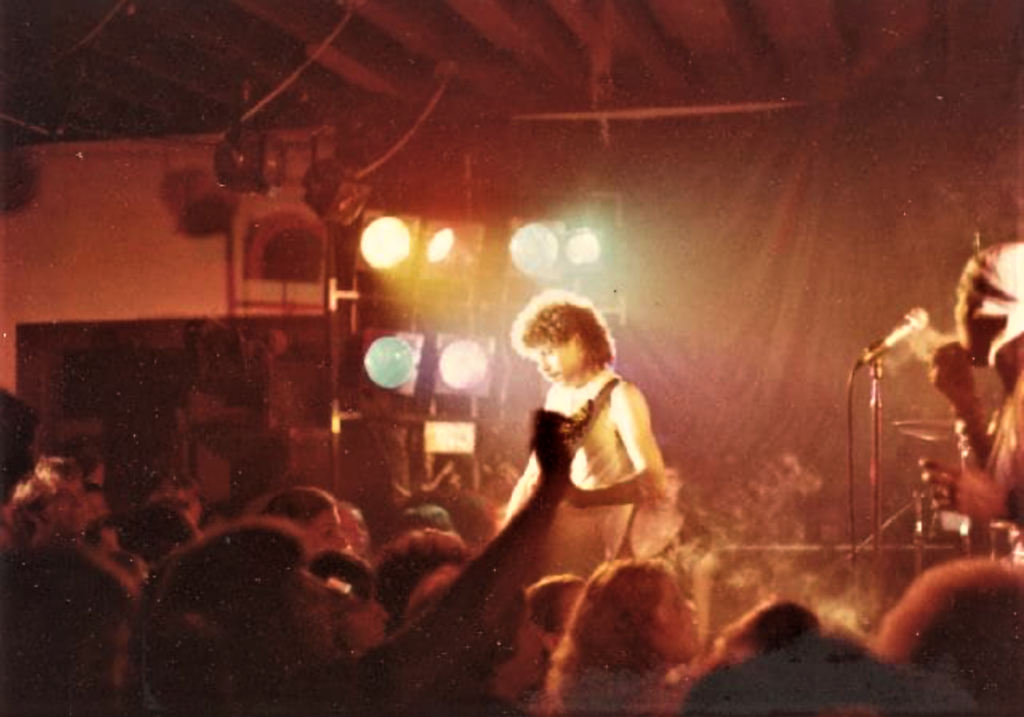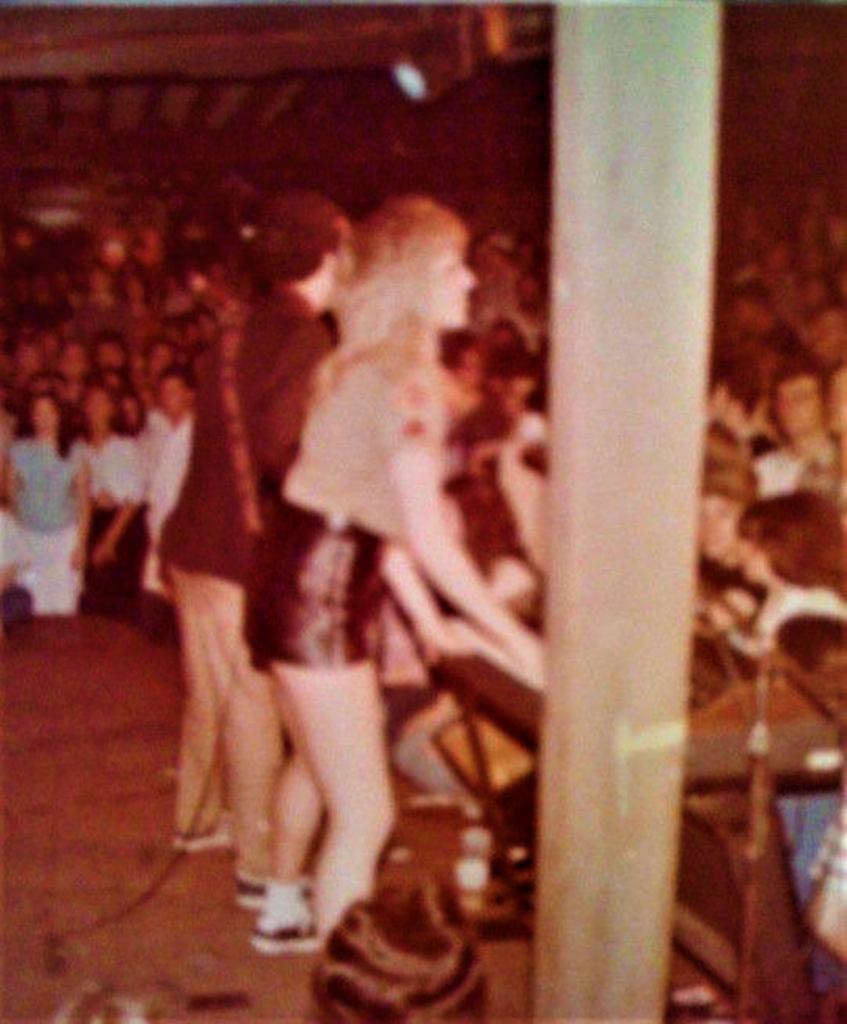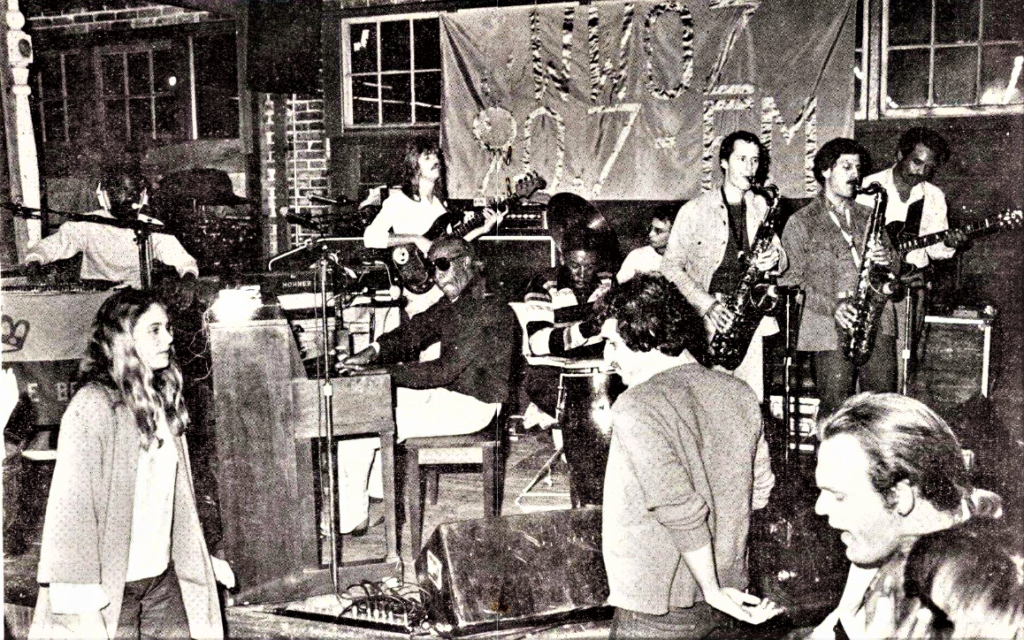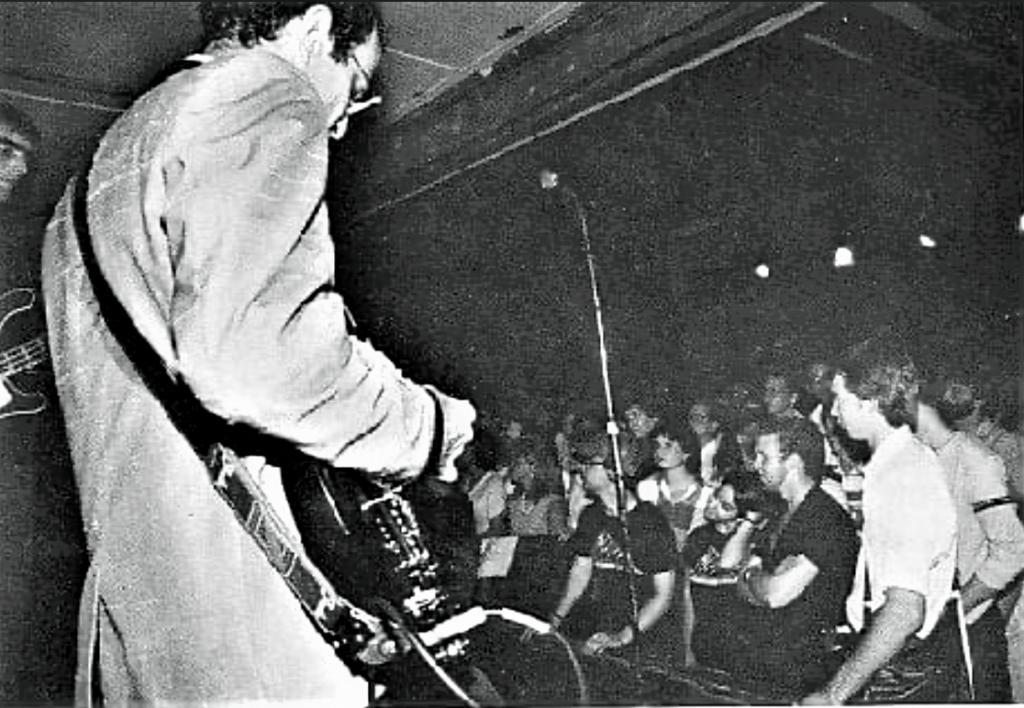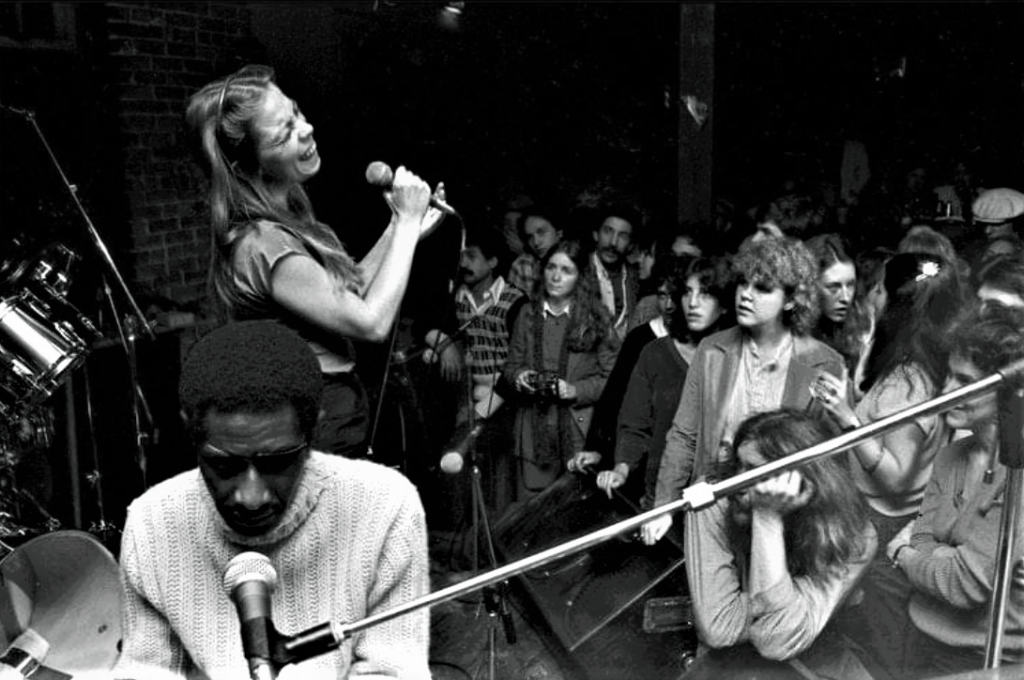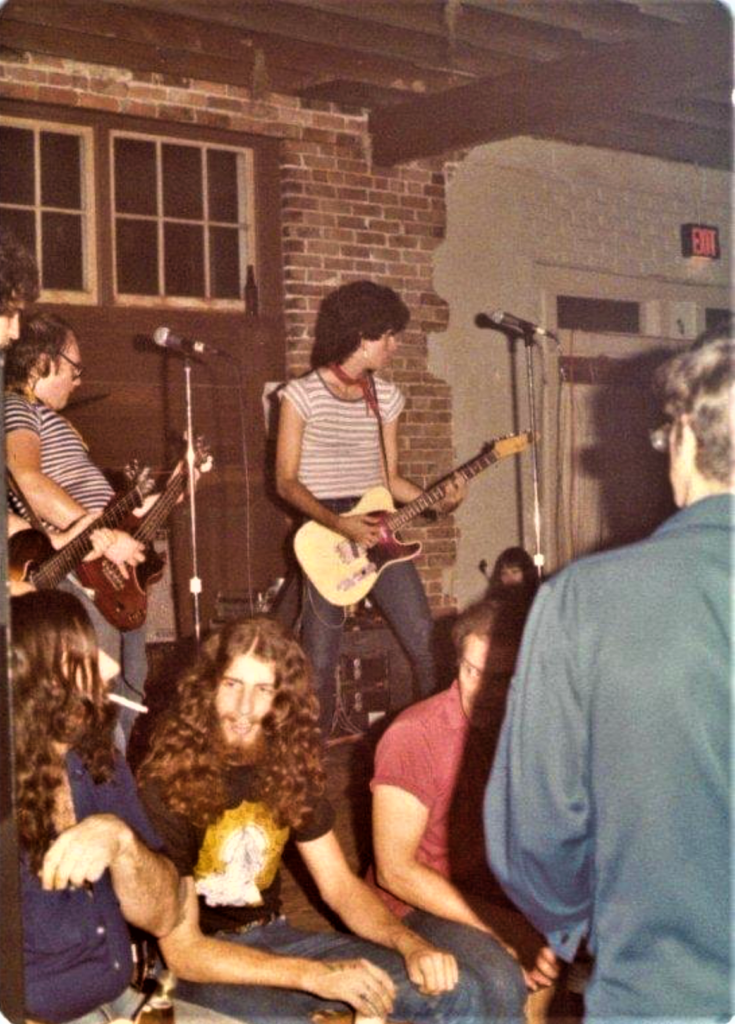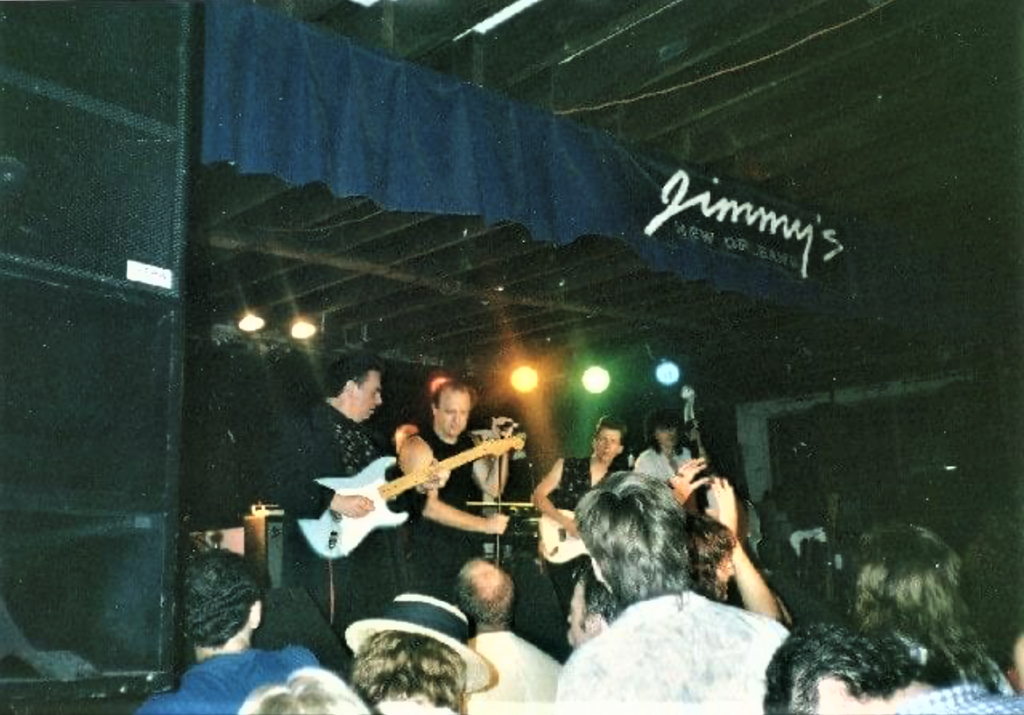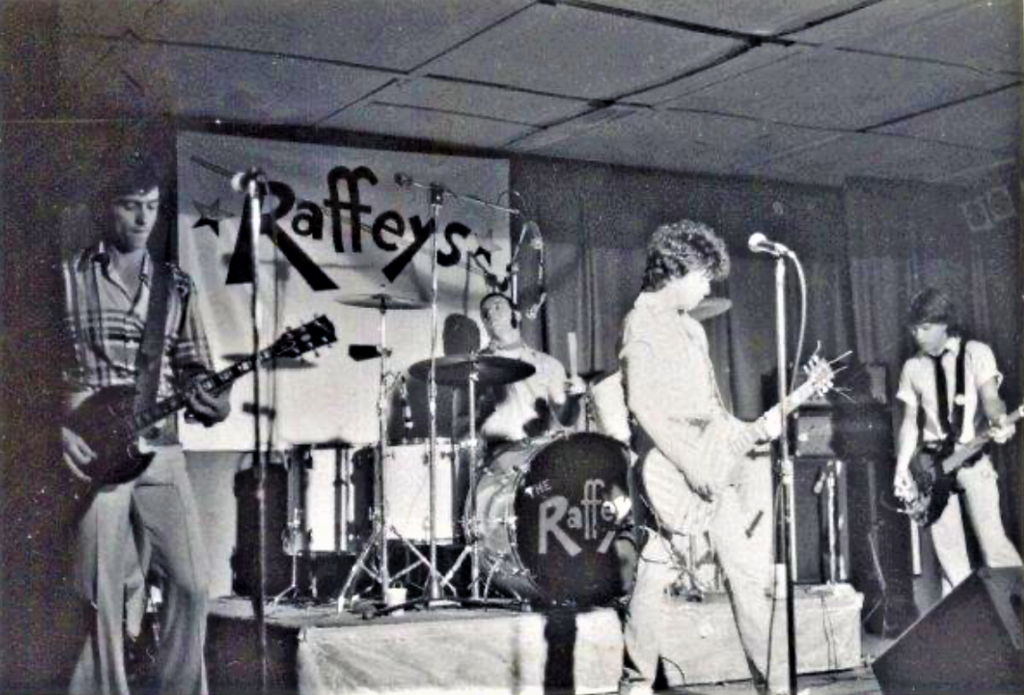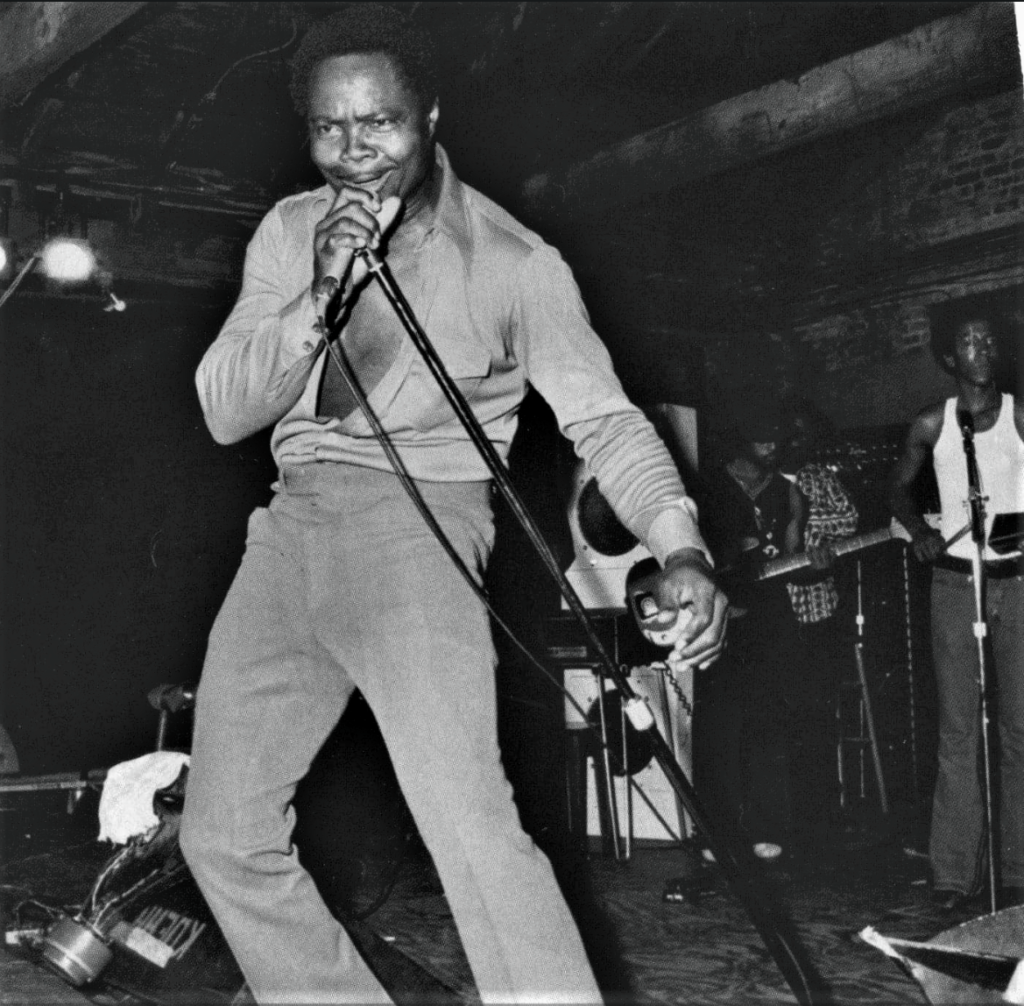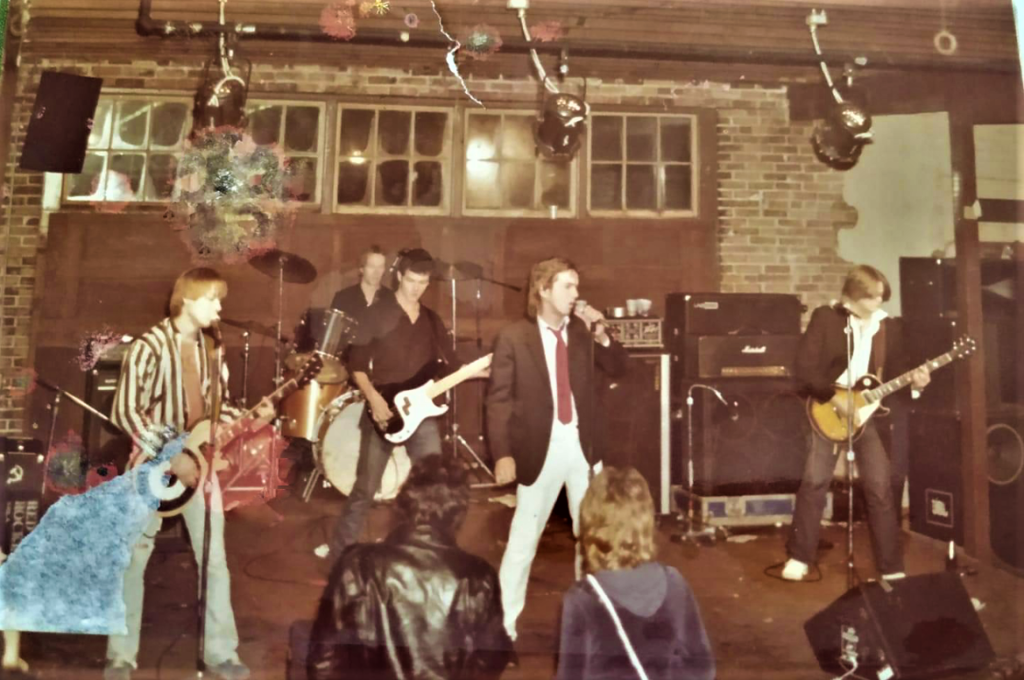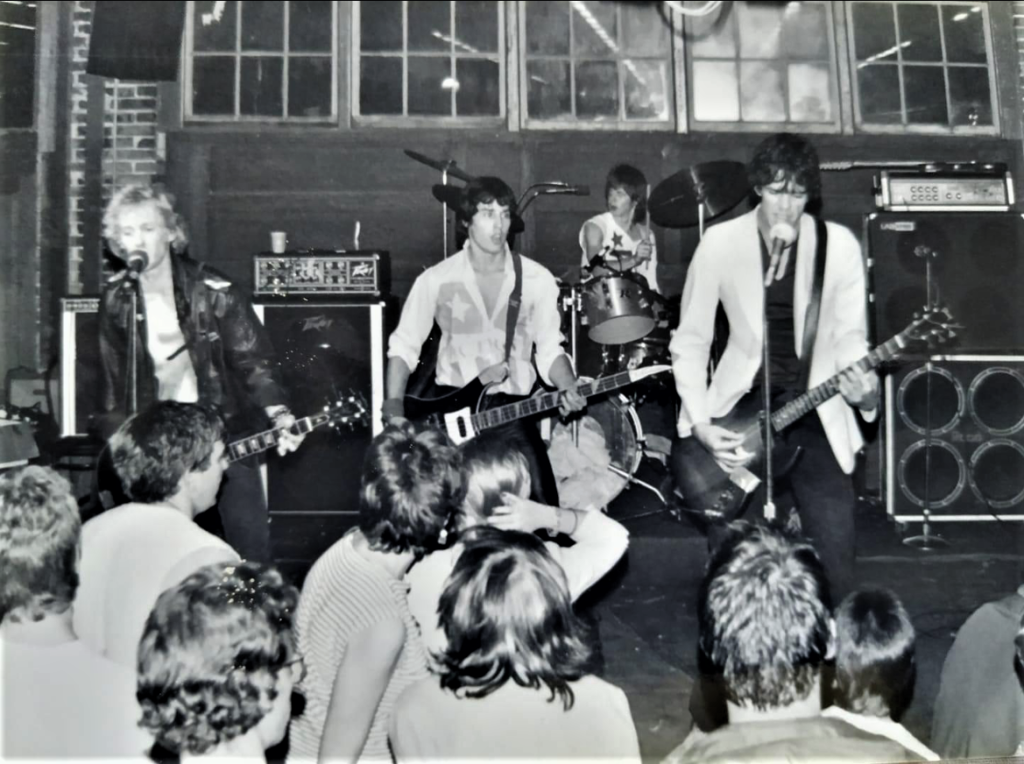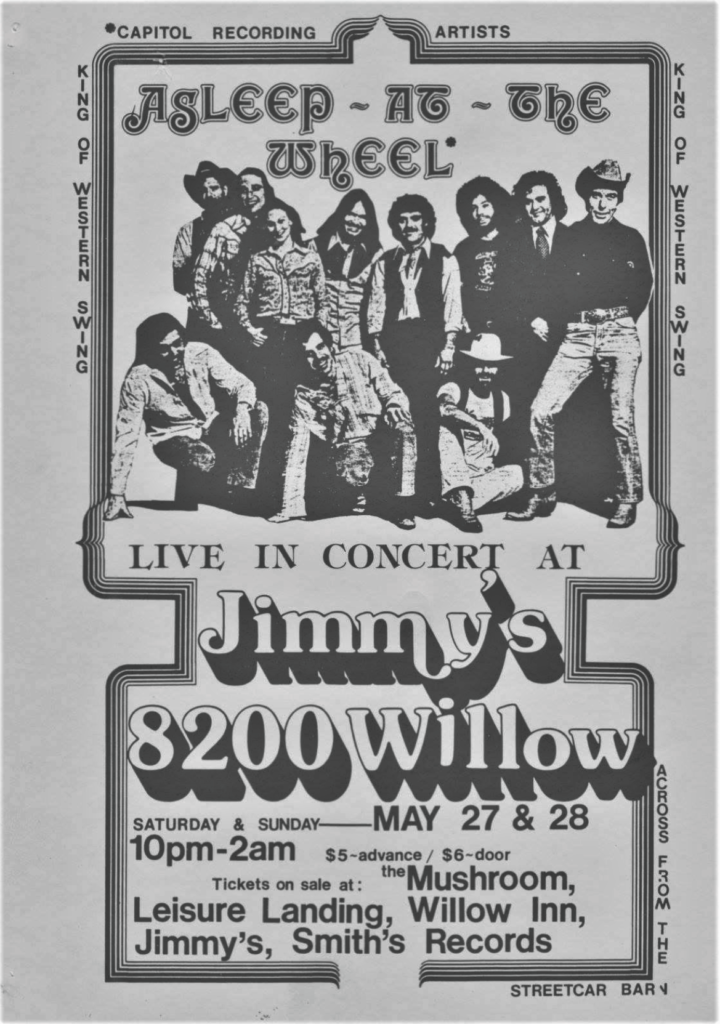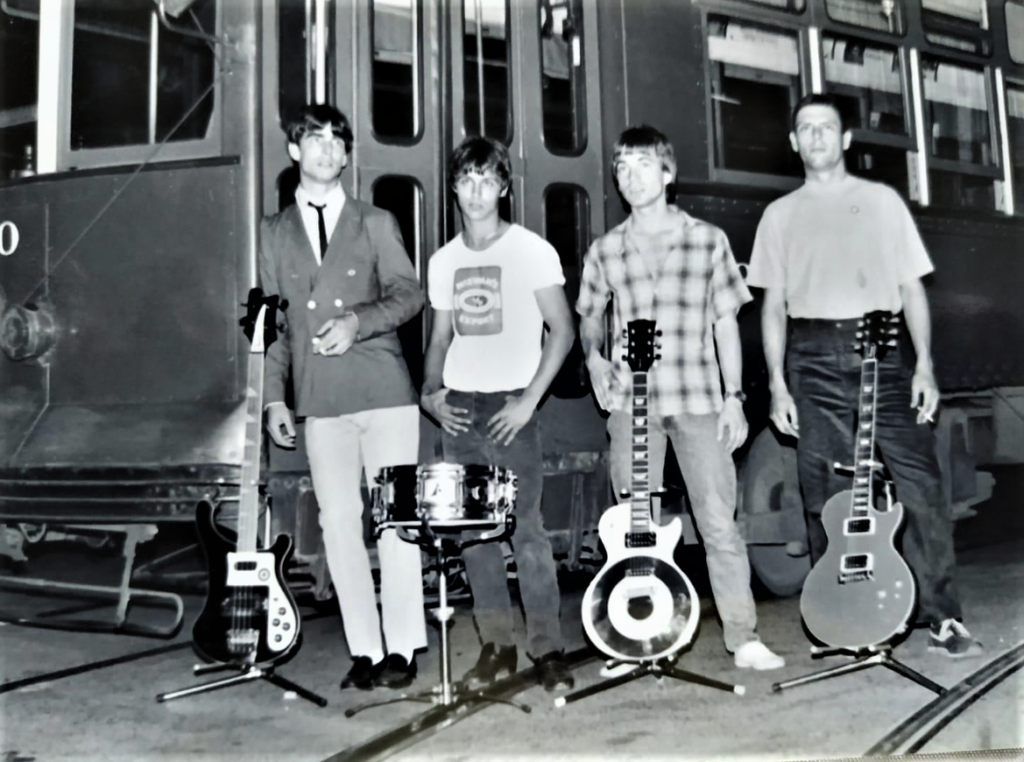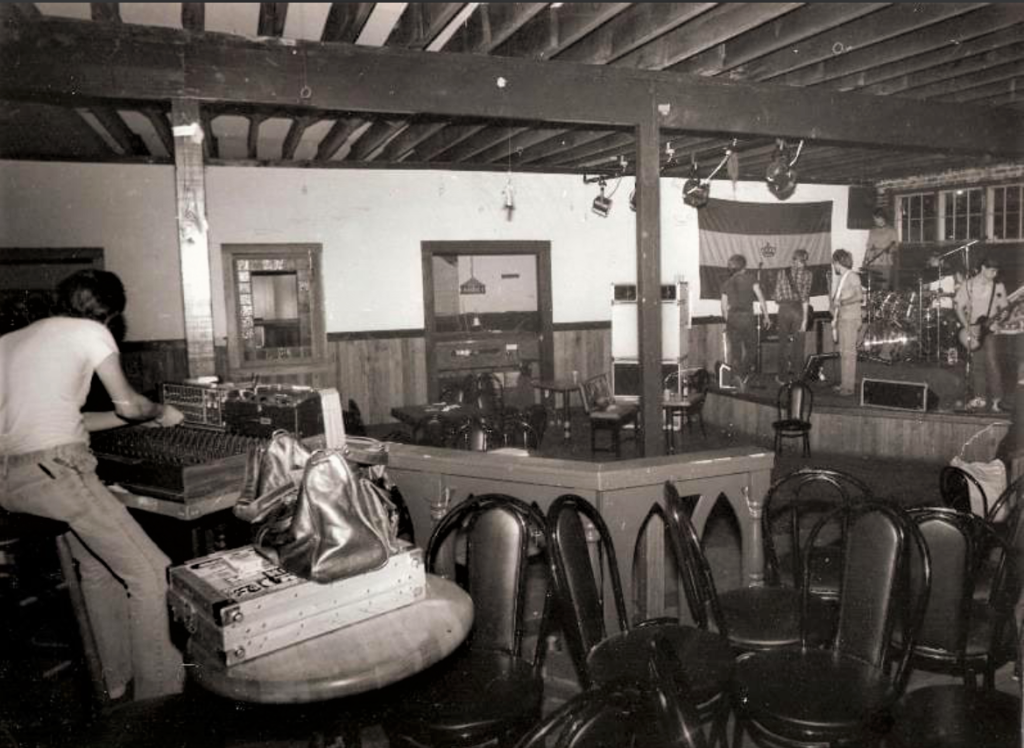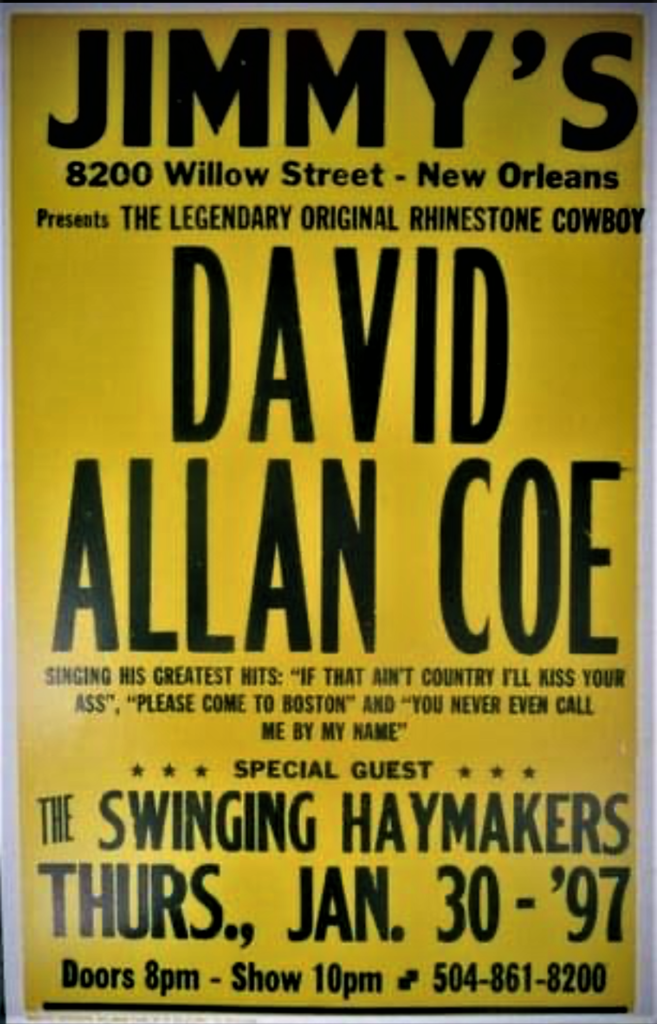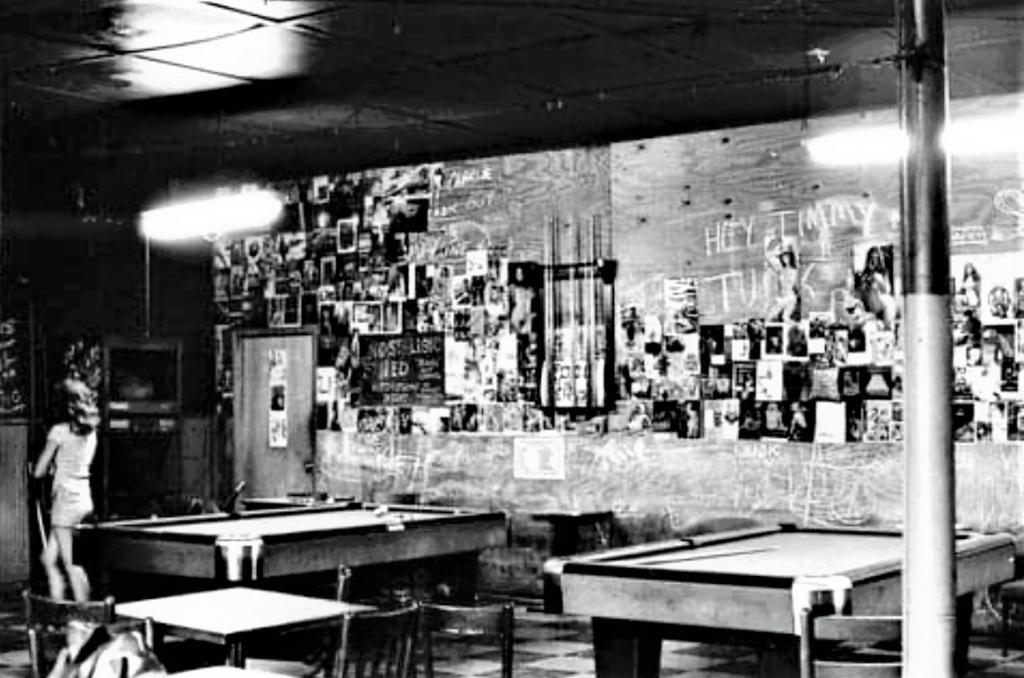Childhood memories are of such a profound permanence. Not only are they the antecedents of our future existence. But they play an integral part in shaping who we become in this world. Whether it be parallel of or contrary to, those closest to us in the beginning are the means from which we model ourselves. For Robert, growing up amongst musicians exposed him to the many sides of music at an early age. His father, Sidney Snow, was playing bass and guitar professionally in various bands since 1957. And both his cousin and uncle were musicians as well. Answering the house phone sometimes meant hearing the voice of someone like Eartha Kitt on the other end. And before Robert would go on to choose his own path in life, he witnessed his father successfully support a family performing with people like Dr. John and Teddy Riley. Celebrity may not quite register in the minds of children. But hearing his father play guitar on the radio most definitely did. And knowing his dad played the guitar in Angel Baby may not have struck a chord with a young Robert. But he knew who the Beatles were. And hearing John Lennon compliment the guitar piece in that very song by Rosie and the Originals certainly resonated with Robert.
As fate would have it, by the time he was at Mcmain Magnet High School in New Orleans, he was playing second chair coronet. It was here that Robert spent some time picking up on music theory and a deeper appreciation for jazz. He would later make the move to Chalmette High where he was selected for all-state in the school band. For his exceptional talent, he was awarded several scholarships. But playing jazz in a school band wasn’t something that he took all too seriously. Many of us have a time in life that we can look back on where we chose desire over opportunity. For Robert, this would be one of those times. The transitional period from adolescence to manhood swayed Robert more toward his girlfriend and less toward the out-of-state scholarships. Combining this factor with the hold early eighties metal had taken on him, playing coronet away from home in a College jazz band just didn’t appeal to him. Still, the fact that playing music had become elemental in Robert’s landscape was clear, no matter the course.
As with many musicians coming out of high school, the need for cash landed him at various jobs and further away from any consideration of a career in music. A tinge of rebellion had seeded within him though. And it manifested itself in Robert trying out anything other than music as a profession. Life sent Robert through a myriad of jobs, from washing dishes to construction. And by the mid-eighties, he had moved on to casually playing bass in metal bands while making ends meet through a roofing job. While his metal roots took hold and felt right, his band practiced more than they gigged. Sweating atop a roof in Algiers one day, he stared at the skyline of downtown New Orleans across the Mississippi River. He recalls thinking, “my daddy’s over there making money man… playing music. I can play bass!” The thought became the catalyst for Robert quitting his job and vowing to make it in life as a career musician. Well, maybe not THE catalyst. We can’t leave out the persuasive impact he felt the time he fell off a roof while on the job (pun intended). Either way, his mind was made up. And he sought guidance from his father for his next steps.
“My old man helped me out to get some gigs. And it took me about four or five years to really get a repertoire of songs in my head”, Robert explained. And as he pointed out, most people don’t realize what it takes to ingrain such a sizable collection of songs in one’s memory. But through determination and repetition, he was able to build and retain a catalog in the hundreds over time. The first gig Robert’s father was able to book for him wasn’t for coronet. The music director had too many trumpet players already. And it wasn’t for the electric bass he had been playing in rock bands. Out of necessity, Robert was thrown in the bullpen clinging to an upright bass with a jazz band. Robert recalled, “Oh God that was painful. Because I was an electric bass player and I didn’t have the chops. It’s a different animal too. It is bass. But you got to know intonation ‘cause there’s no frets. So, there’s nothing to guide you. There’s no dots. So, it takes a little while. But after maybe four or five months of me doing it, I finally got to where I knew my intonation; where everything should be. I could here if I was out of tune. The cool thing about upright bass is you can slide into tune. You might hit the wrong ones but you can fudge it a little bit.” One might say that the upright bass that landed in his lap basically outlined his life up until this point. He was slapping notes and making sounds. But he wasn’t quite in tune with where he should’ve been. Over time, he slid into his groove and true tones came ringing.
For decades Robert played in countless bands like King James & the Special Men, The New Orleans Jazz Vipers, The Abitals, and Three Piece Mix to name a few. He built his repertoire, sharpened his skills on the upright bass and electric bass. And he is still very much involved in music today. He currently occupies the roster with bands like The New Orleans Cotton Mouth Kings, The Melatauns, Little Freddie King, Franklin Avenue Overpass, and The Smokehouse Brown Trio. As he pointed out, this month (October), he’s got 32 gigs in 31 days. And I’m willing to bet he’s the only man in New Orleans that could pull off a two-fingered death punch with those well-earned callouses. Along the way, there have been certain times in life where he’s had to make decisions concerning his path in the performing arts. One can choose to go with the flow so-to-speak and feel or appear to be progressing. As long as your band keeps getting gigs, things are going as they should, right?
Ever present in the back of Robert’s mind existed this aversion. It was based on his antipathy for being confined to one genre. I’ll be the first one to tell you that stagnation is death. And I would imagine this rigor set in over time with him. For example, while playing with King James and the Special Men, all seemed fine. Things were better than fine as a matter of fact. That band became largely popular in the New Orleans area circa 2010-2020. And with them he enjoyed a ten-year run in front of packed houses. But that aversion started to set in, and through it he came to realize that the band had missed its mark. In his opinion, they should have peaked years before and made it big. And despite their successes and camaraderie, he felt it was time to move on. It was right about this time that Little Freddie King came calling. Freddie had parted ways with his bass player and was in search of fresh talent. He was acquainted with Robert through their mutual gig spot, BJ’s in the Bywater. And both Freddie and his drummer, Wacko Wade, knew Robert’s father Sidney. Now, at the time Robert received the call, he told Freddie that due to his current involvement in so many bands, he wasn’t sure he could commit. But the two agreed that Robert would play with King James and the Special Men that night and talk to Freddie the next day. So, Robert played with the band that night at their regular gig, The Saturn Bar on St. Claude. The next morning, before he spoke with Freddie, Jimmy from King James and the Special Men called him. He explained to Robert that he was moving in a different direction with the band and would be laying off Robert, along with a guitar player and a sax player. The parting was, and still is, looked back upon as amicable between the two. And Robert acknowledges that this experience truly helped him shed his skin. Not ten minutes later came the call from Freddie King. And to Robert’s confirmation that he was ready to make the move came Freddie’s quick response, “Ok great. We’ve got a gig in two days… Bayou Bugaloo.” Almost immediately, Robert had gone from packed houses to a three-day outdoor festival event that sees attendance in the tens of thousands. Making Little Freddie King his main gig, he’s stuck by Freddie’s side ever since. And he was even able to enjoy work through the pandemic because of this turn of events. And this is no surprise given Freddie’s prominence. Little Freddie King’s gut-bucket style blues has carried him through fourty-two years of appearances at The New Orleans Jazz and Heritage Festival, an induction into the Louisiana Music Hall of Fame, and the achievement of Blues Performer of the Year three times. He took home Best Blues Album at the 12th Annual Independent Music Awards for his 2012 album, Chasing tha Blues, and has appeared in countless publications. And he has fourteen albums on the books.
Another band Robert plays with, his baby as he calls it, is The Melatauns. He’s published seven albums with this band, one that he founded with a buddy from high school, Pat Ricks. True to form, they’ve always written and recorded original songs. And you never know what genre they’re coming from next. Their first two albums were heavy metal. From there they moved to an all original album of latin and swing music. And the prefix to The Melatauns name would change with the tone. The first two albums being heavy metal found them as The Mighty Melatauns. For the next, they were The Swinging Melatauns. And so on. Their singer Pat has always been able to keep pace with Robert’s constant quest for the next genre, despite his modest beginnings in a church choir. Robert describes his tone as “blue-eyed soul”. And the keyboard player for The Melatauns can also play accordion. Which also contributes to their diversity amongst the genres. On their albums, Robert would use a rotating roster of about twenty different guys. And live, you could find five or six guys on stage covering guitar, drums, keys, and horns with Robert on bass.
A recent development in Robert’s life has been the formation of the Smokehouse Brown Trio. Smokehouse plays with the band Johnny Mastro and Mama’s Boys, a blues band based out of New Orleans that travels all over the world. And somewhere around April of ’22, Smoke called drummer Chris Davis, also known as “Cakewalk” to discuss Smoke’s interest in forming his own band. He was particularly hopeful in snagging a few of the guys from the old group King James and the Special Men. So, on Mardi Gras night, they all got together and opened for C.C. Adcock. “We were under the impression that we were gonna go into the Special Men kind of bag. And it wound up not being that. So, three of the Special Men quit and me and Chris stayed. So, we wound up being The Smokehouse Brown Trio.” They now perform every Monday night from 9 p.m. until 11 p.m. at BJ’s in the Bywater. And as Robert describes it, it’s really hardcore Chicago style blues with a rock and roll feel. You’ll see Robert on both upright and electric bass for this arrangement. And if you’re lucky, other musicians will sit in on the session as they sometimes do. Harmonica player Andy J. Forest is one of them. Bobby Lewis, also a harmonica player, from Little Freddie King is another. As for now, they are considered the house band at BJ’s. And the band isn’t sure if they’re going to start pushing their music out into other areas. But there is a possible album on the horizon. Robert couldn’t give up the name at the time. But a notable blues label out of Chicago is interested in the trio to re-record a record that was made in the 60’s. We went on to discuss his education in copyrighting and sync licensing, as well as his delving into writing scores for movies. And you’ll be able to hear about that on our Youtube Channel. If you click subscribe, you’ll be notified when this interview publishes. Or you can click your favorite streaming platform below and catch the podcast.
Not remaining in any single genre has been a common theme throughout Robert’s life. His innate desire in the beginning to explore the many facets of music and be a part of them all plotted his course to success later on in life. Through it, he’s met and worked with too many musicians to name. And he’s performed in so many places. He was even able to land a gig in Italy because of it, expanding his contact list while there. And there’s a bit of irony here in that, in the beginning, he didn’t want to entertain the idea of his father’s intentions for him as a musician. That adolescent, rebellious nature came calling as it does in so many of us. And during that time, Robert questioned the notion of ever becoming a professional musician at all. Nowadays, being well versed in so many styles of music, he frequently borrows from one genre to experiment with in other genres. And as he affirms, everything is related to the blues. “Rock and roll is related to the blues. I mean, listen to Led Zeppelin. Listen to any great rock band. They were all into the blues. Same thing in swing. They use blues progressions. Not all of ‘em. But a lot of ‘em, they use blues progressions. Listen to the Saints (When the Saints Go Marching In). It moves to a blues progression. So, I think a unifying genre that unifies all of them would be the blues. And it’s rooted in gospel.” In some ways, one might say that Robert became his father’s likeness, sliding into genres just as he would slide in tune on his upright bass. You can find Robert’s music under the many monikers above at Louisiana Music Factory on Frenchman Street, as well as Spotify and Neworleansmusicians.com.
Author: David Trahan
Neworleansmusicians.com




















